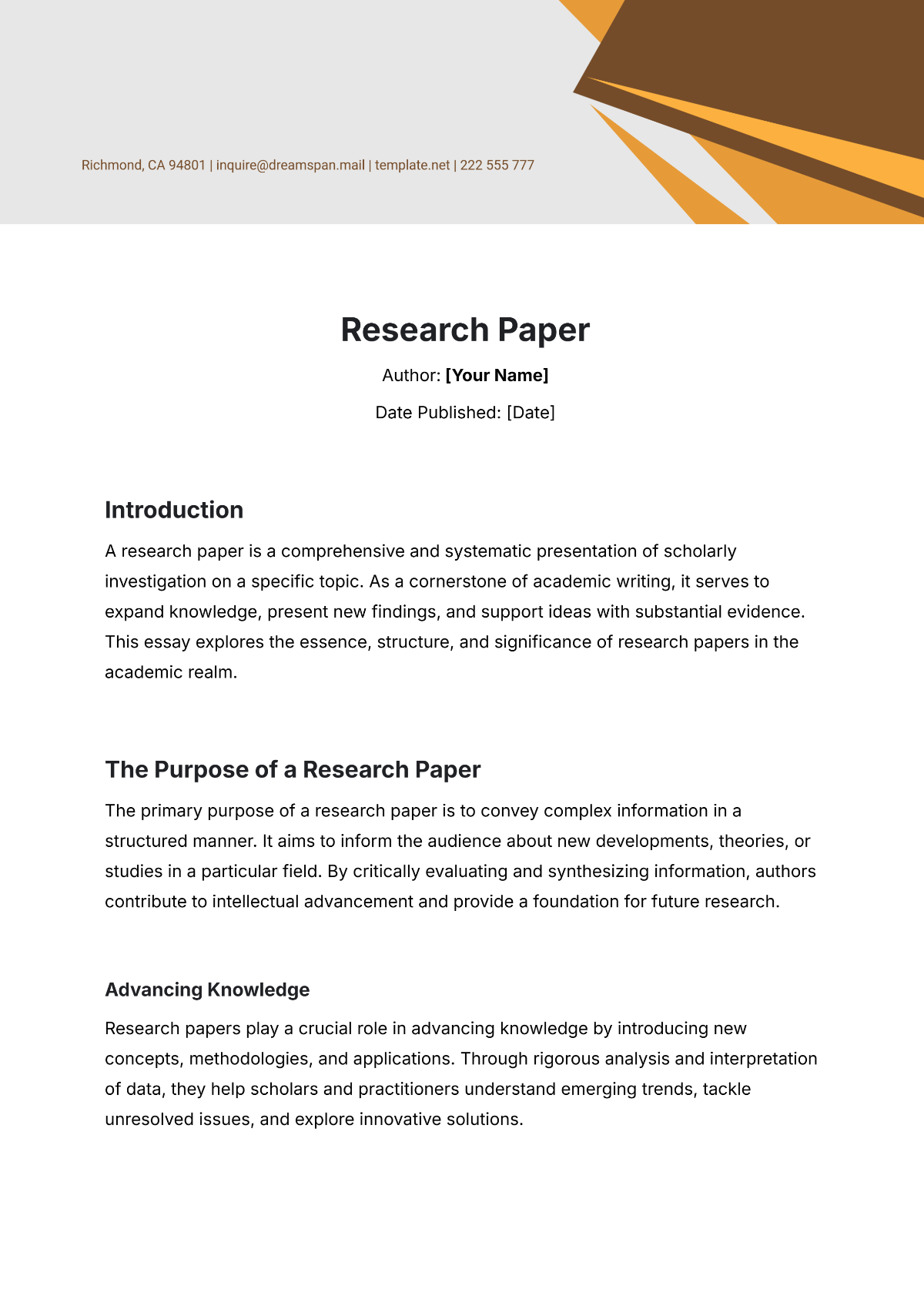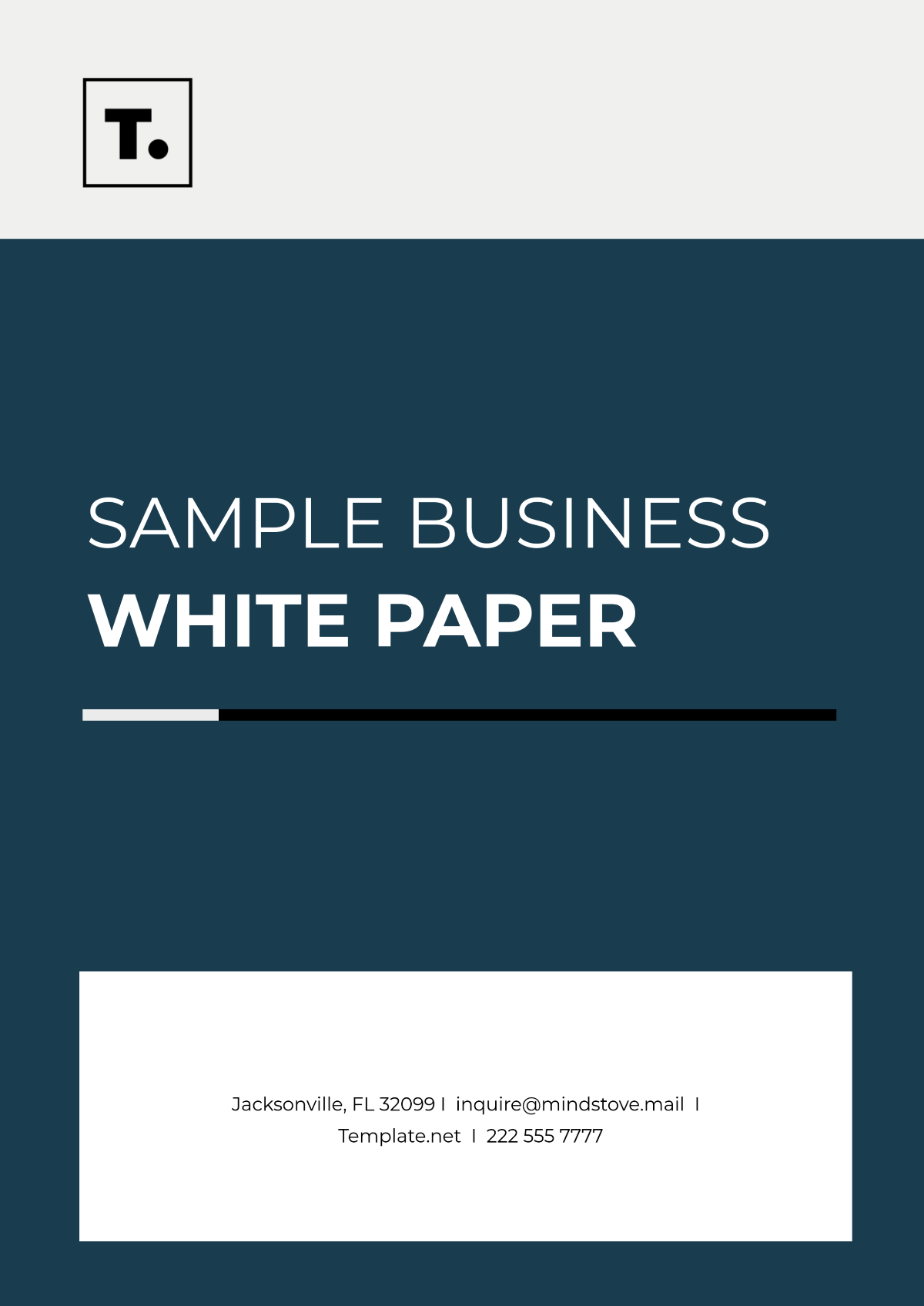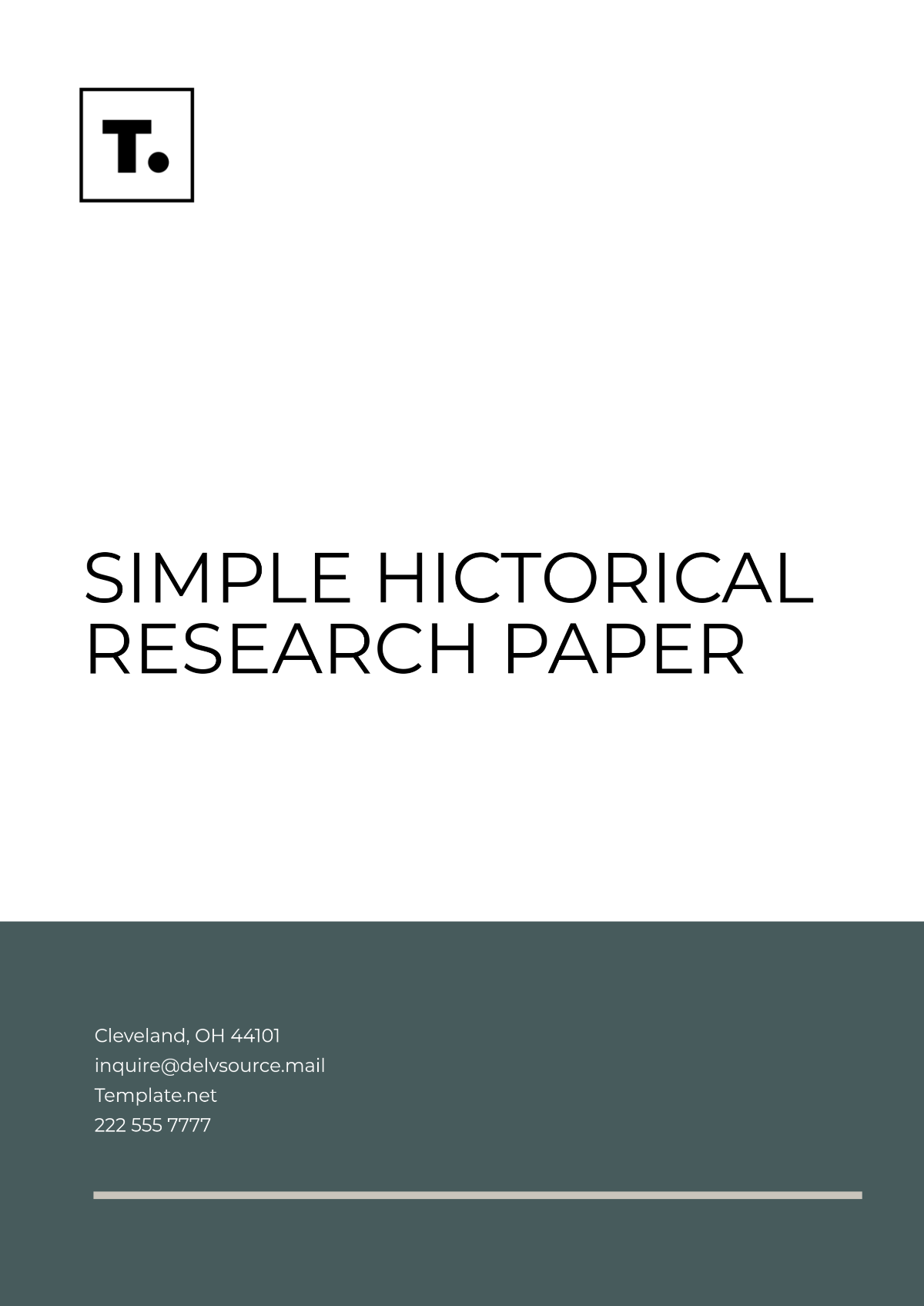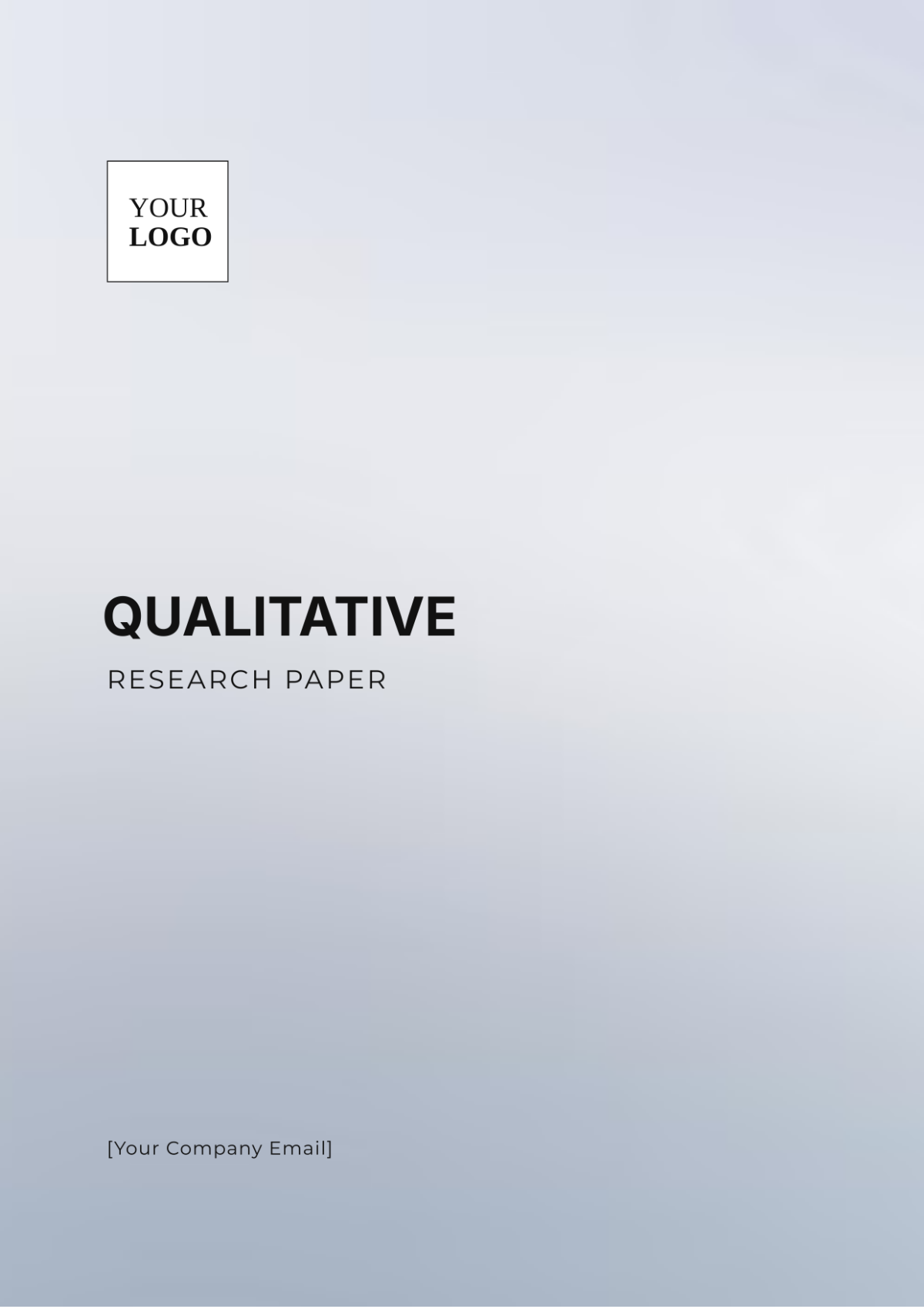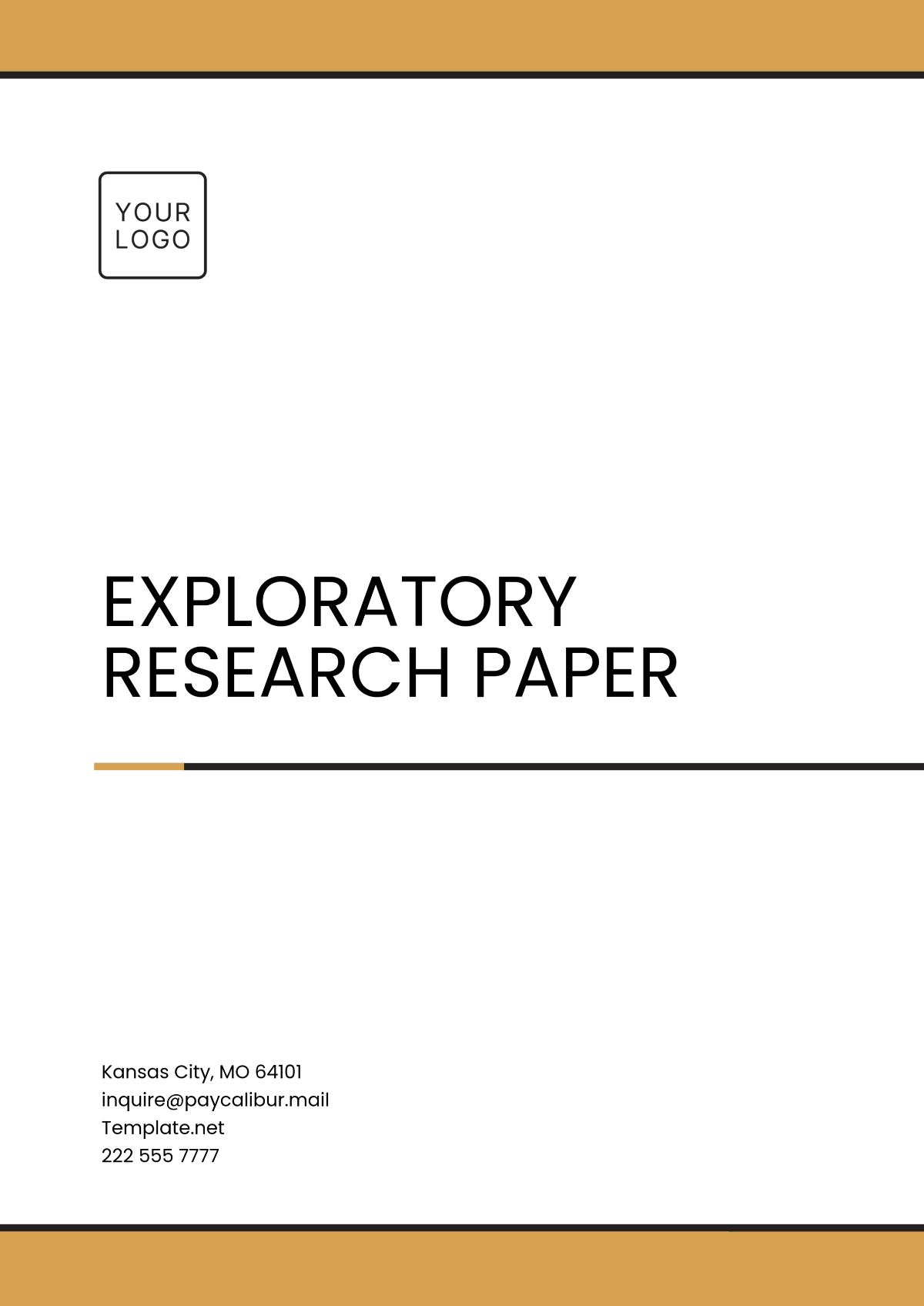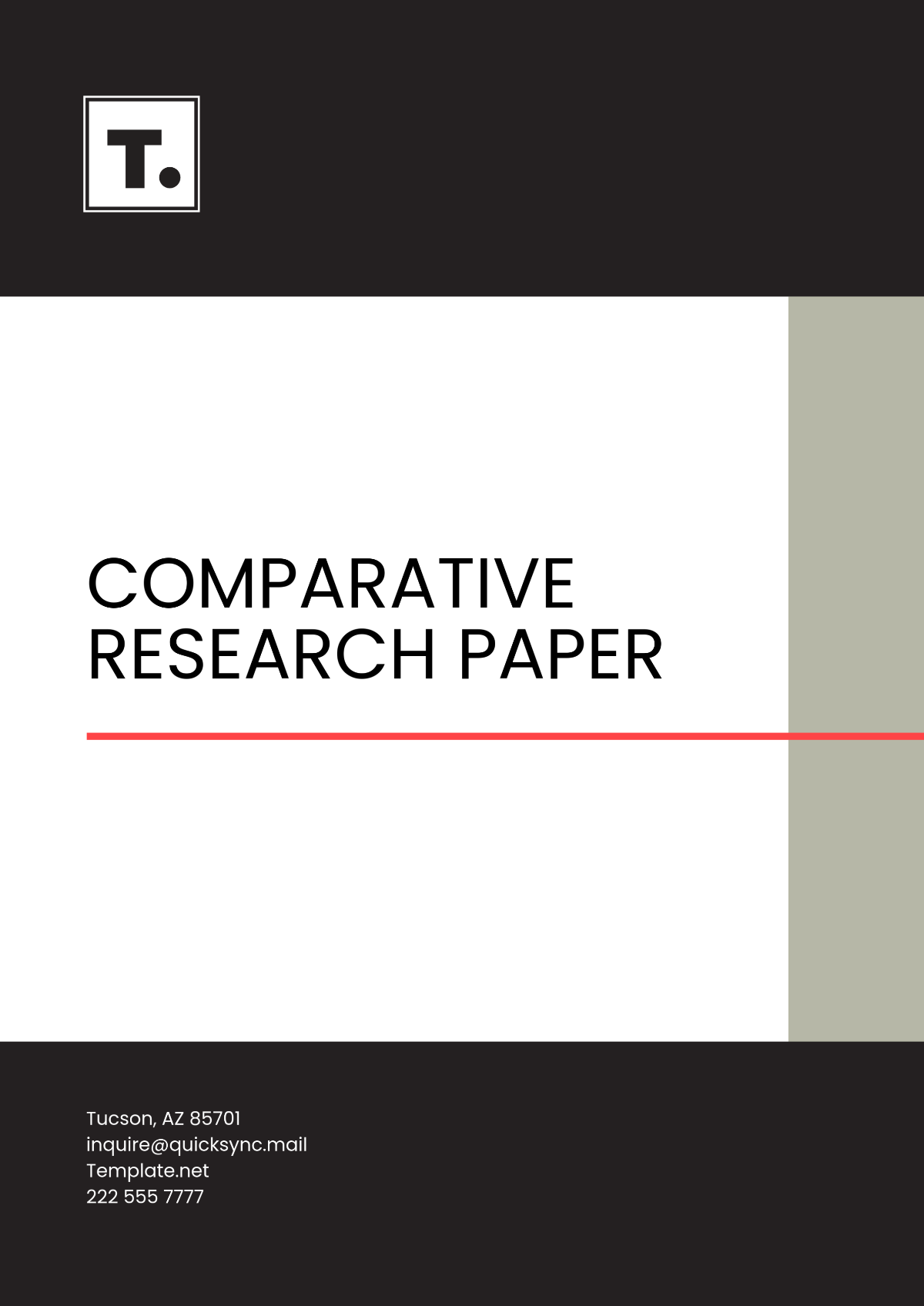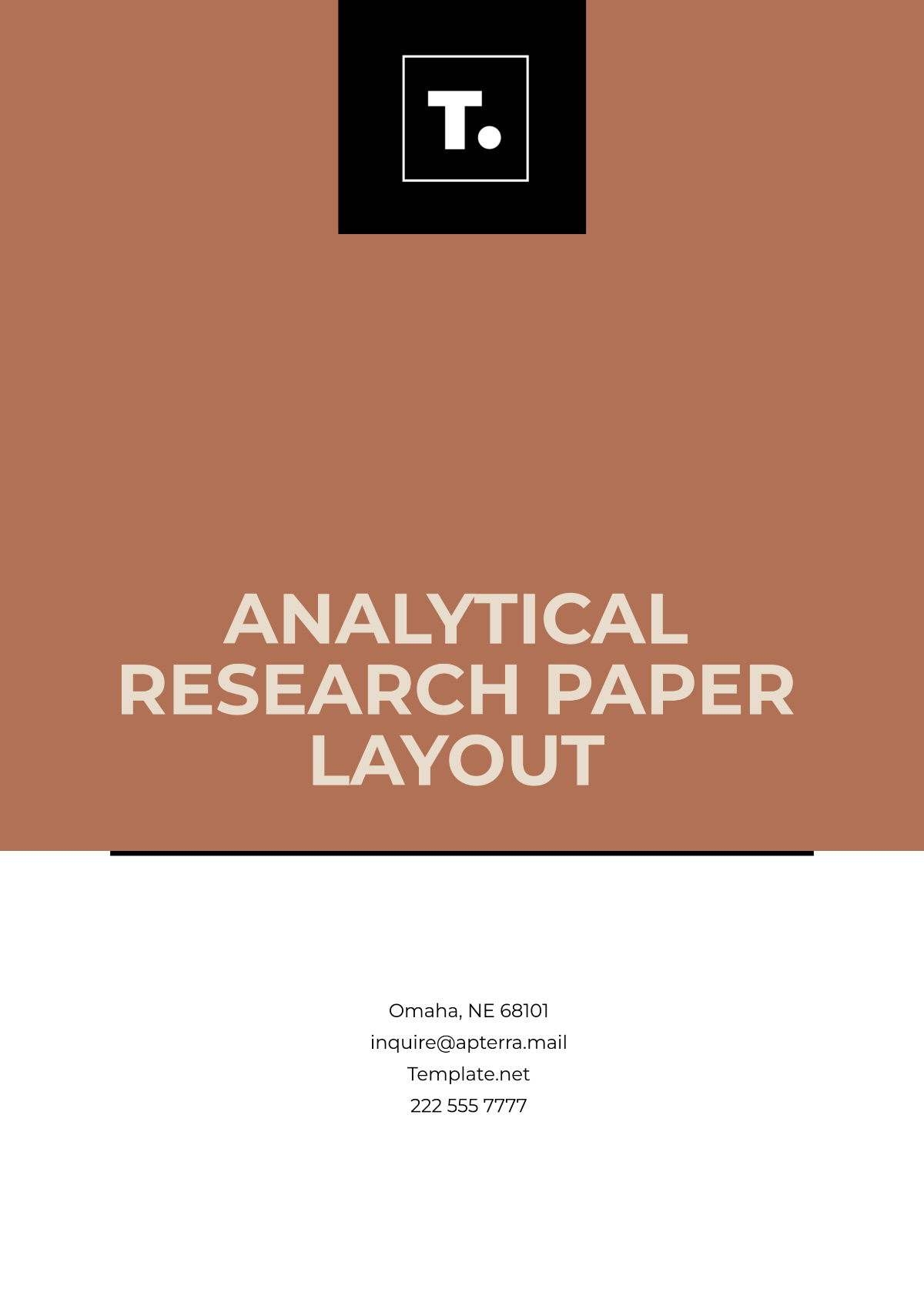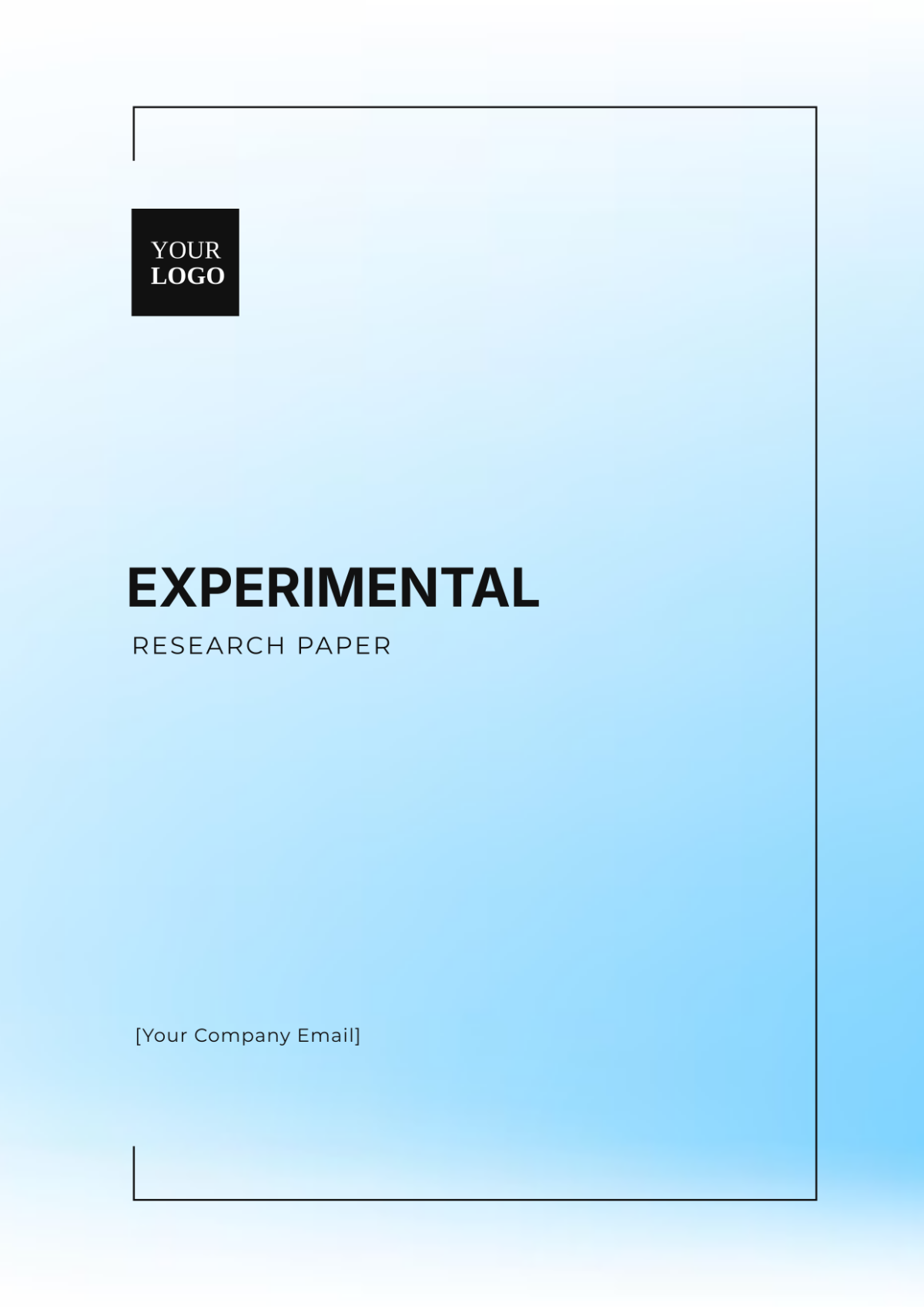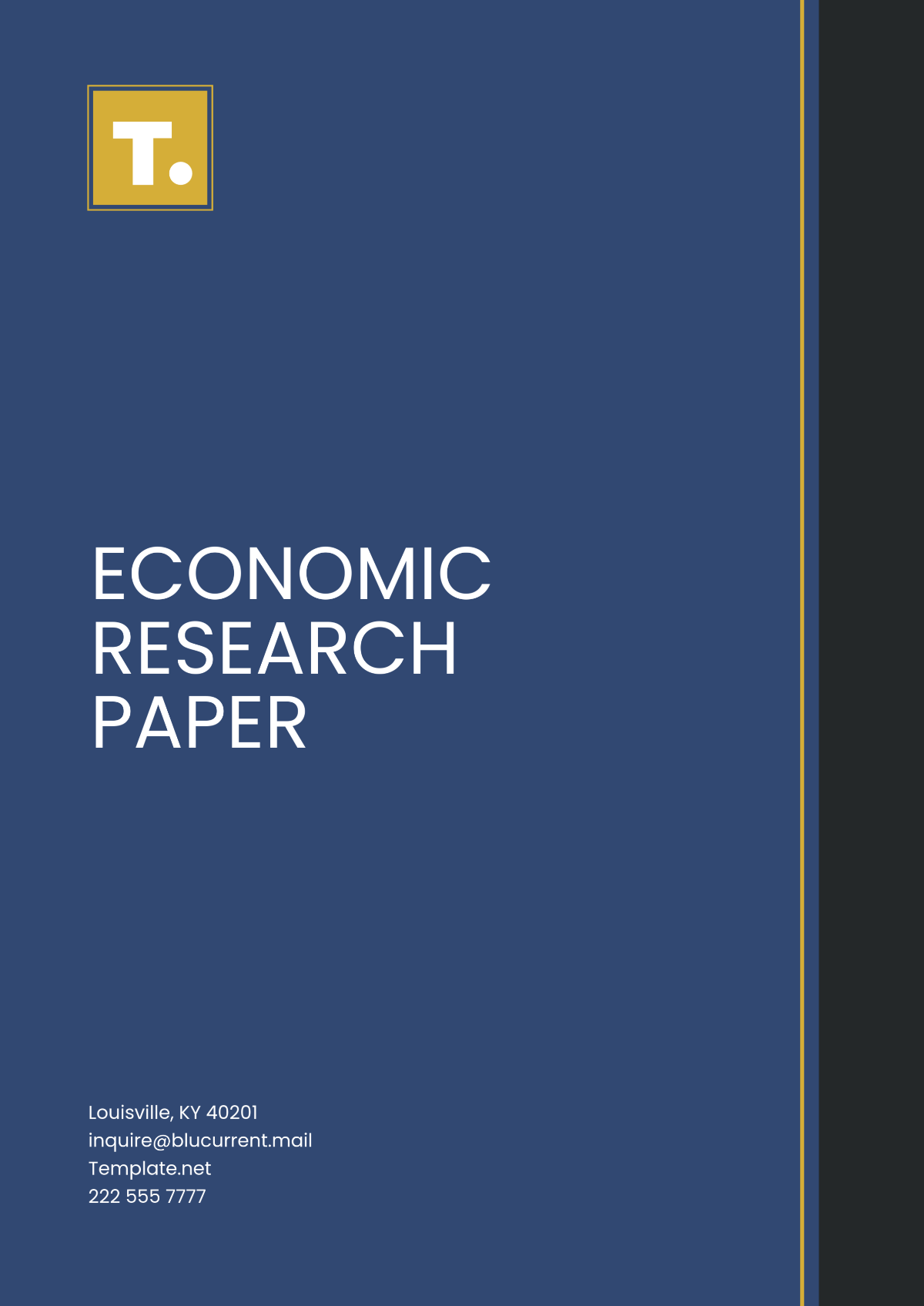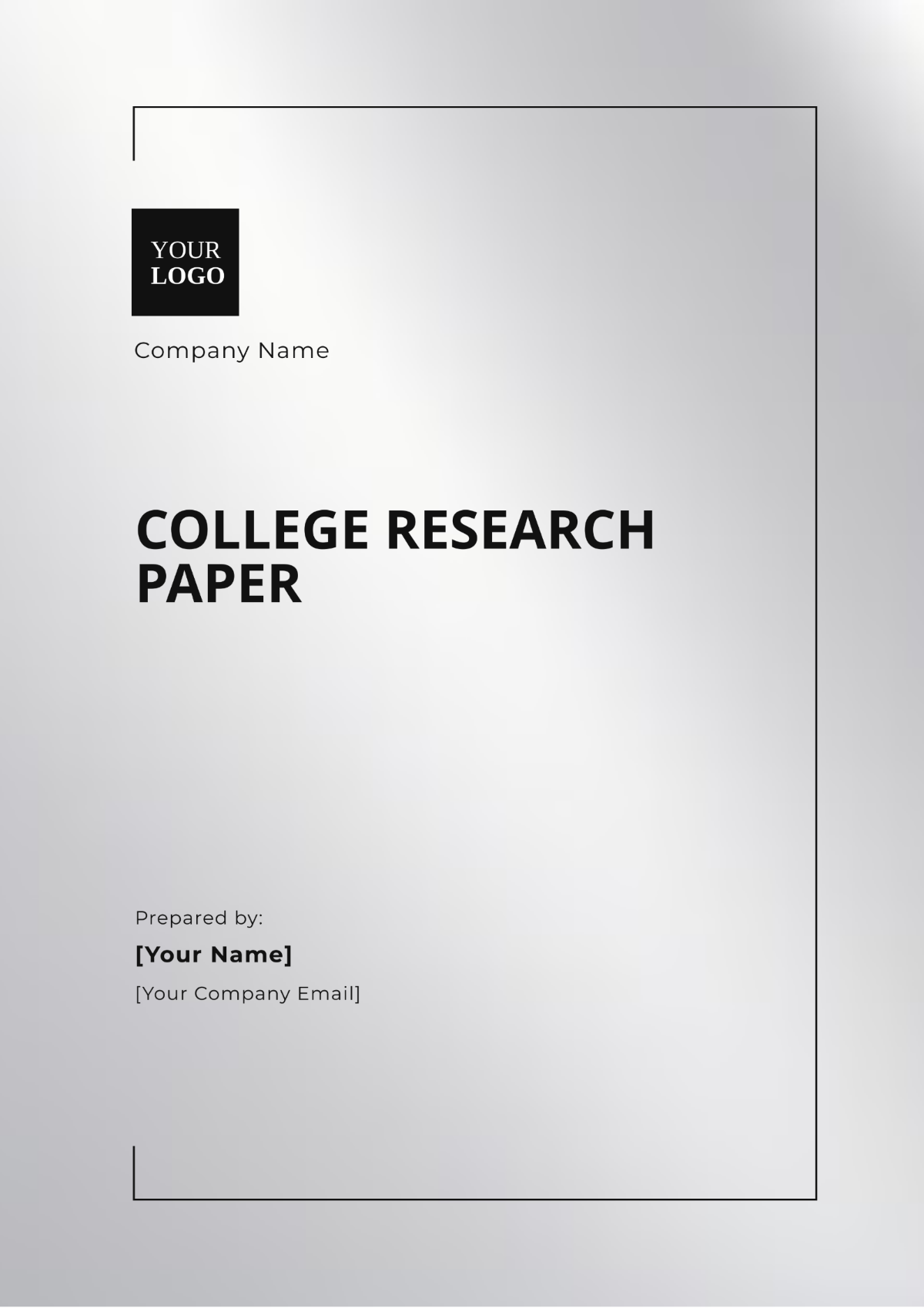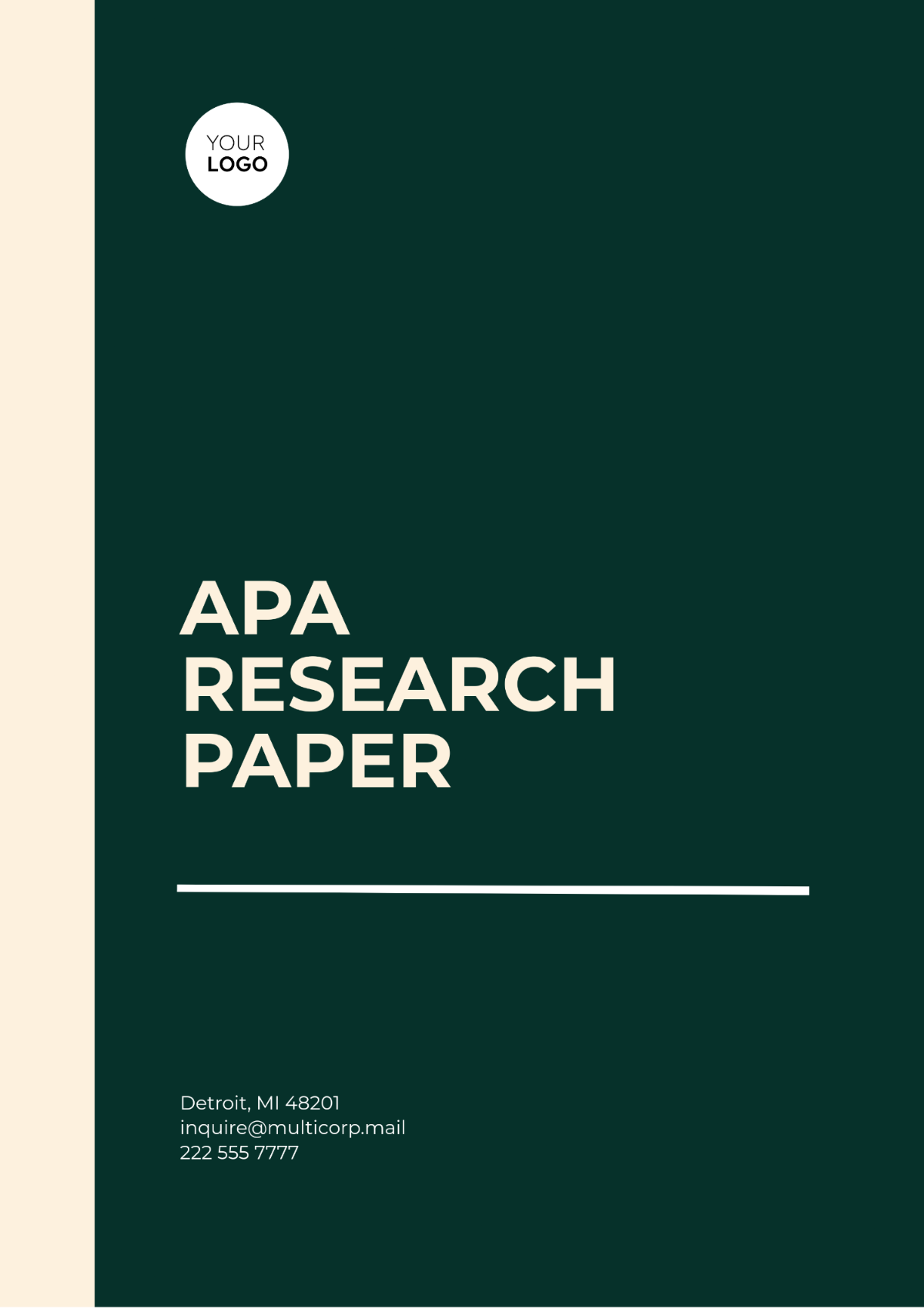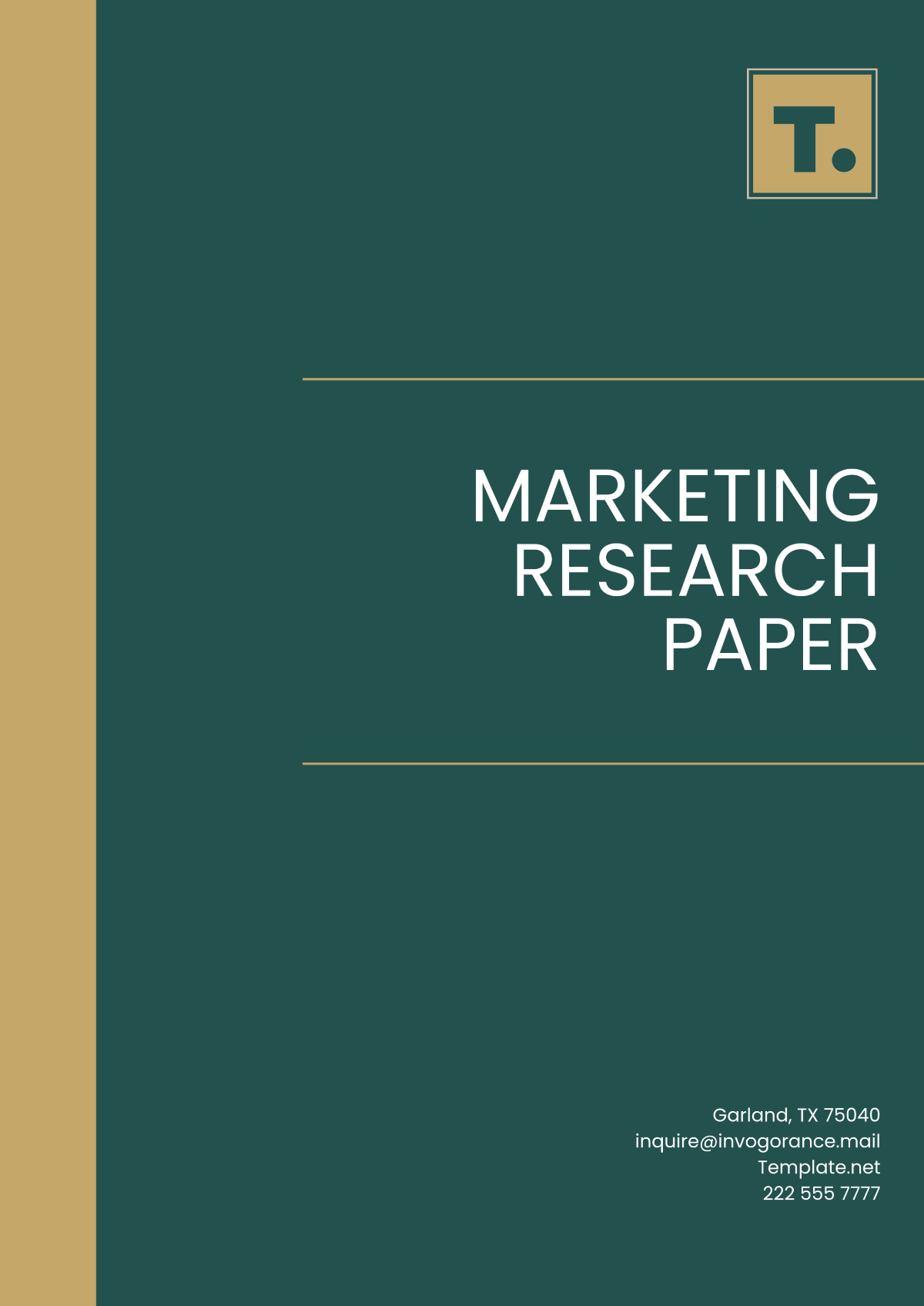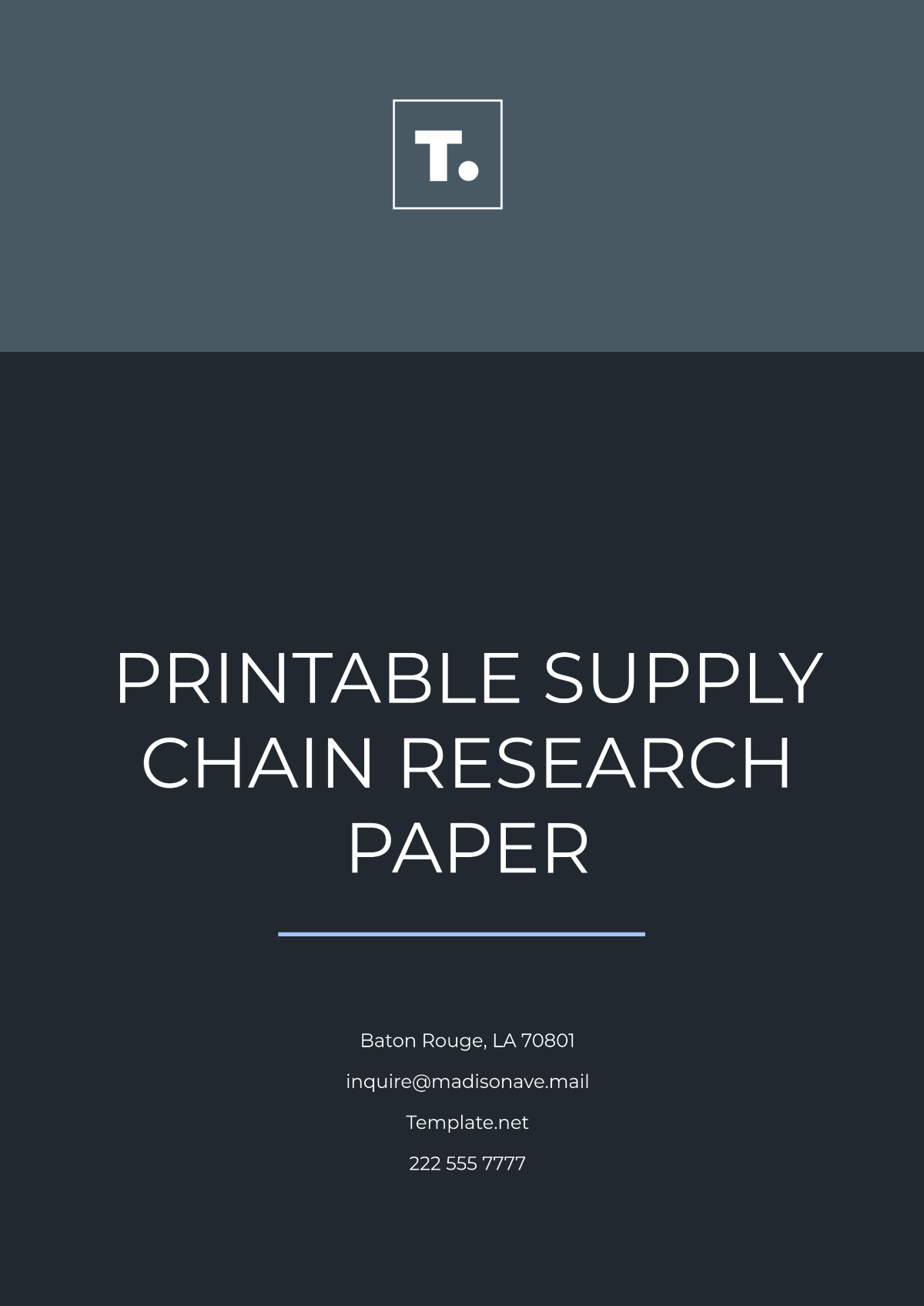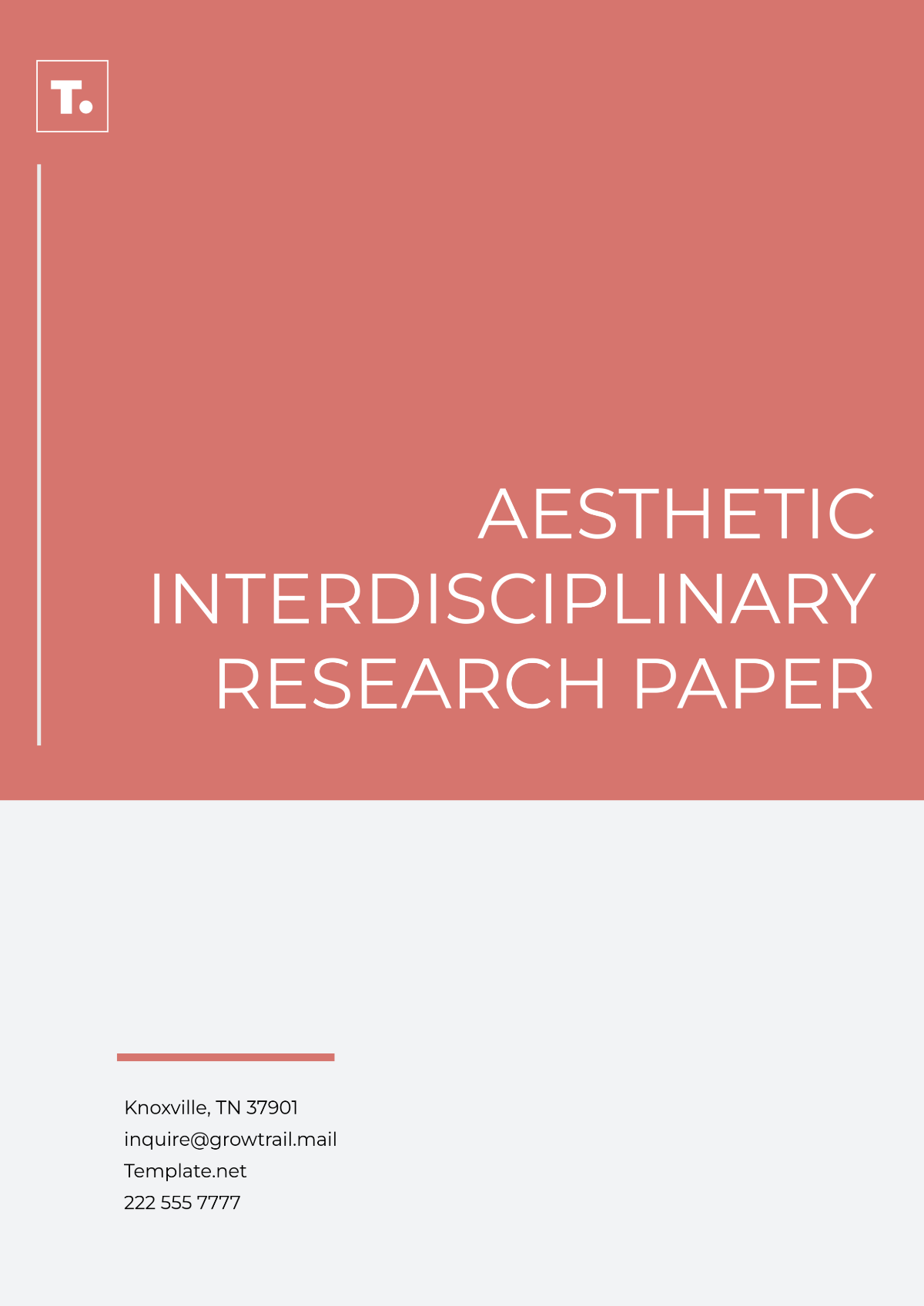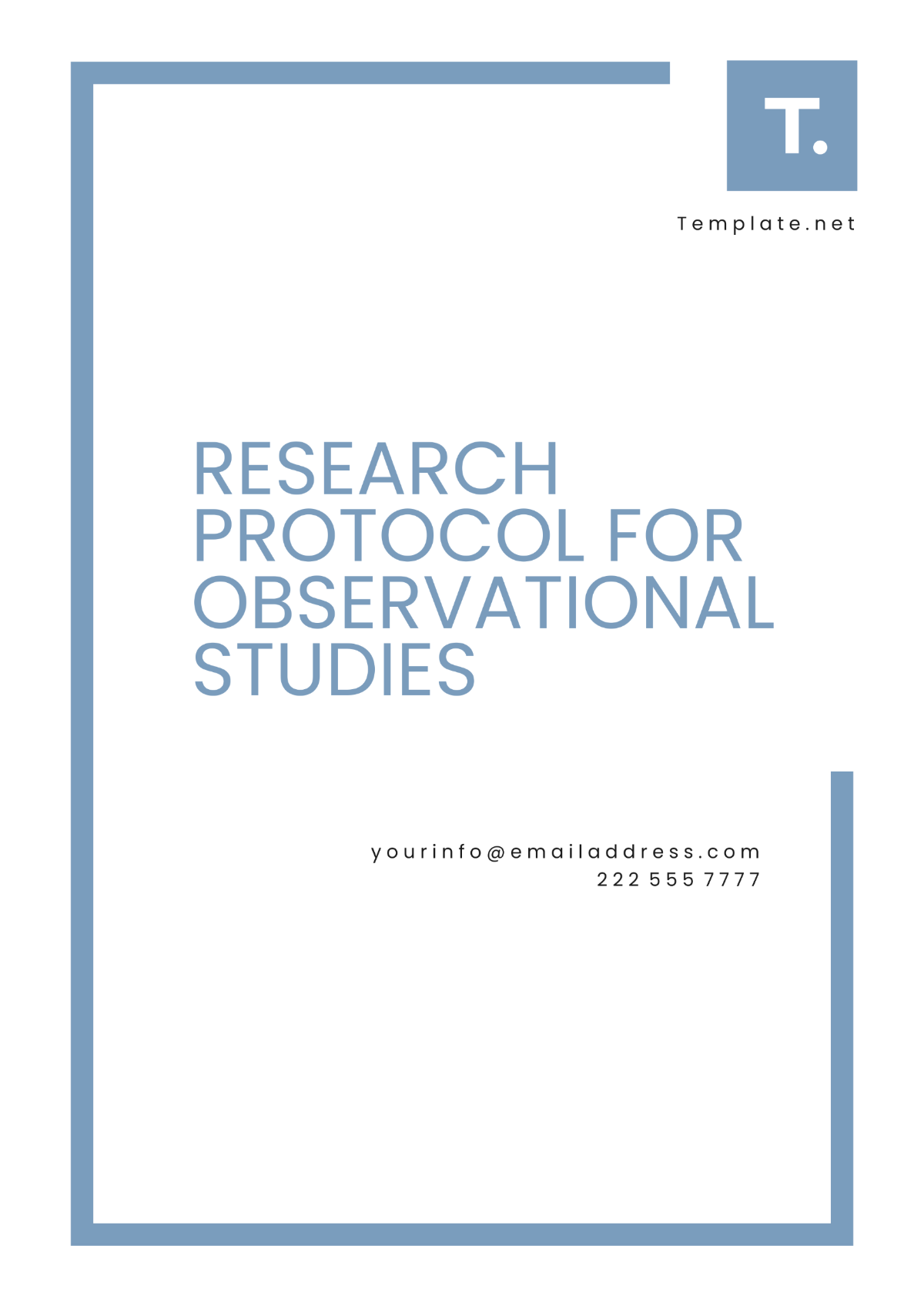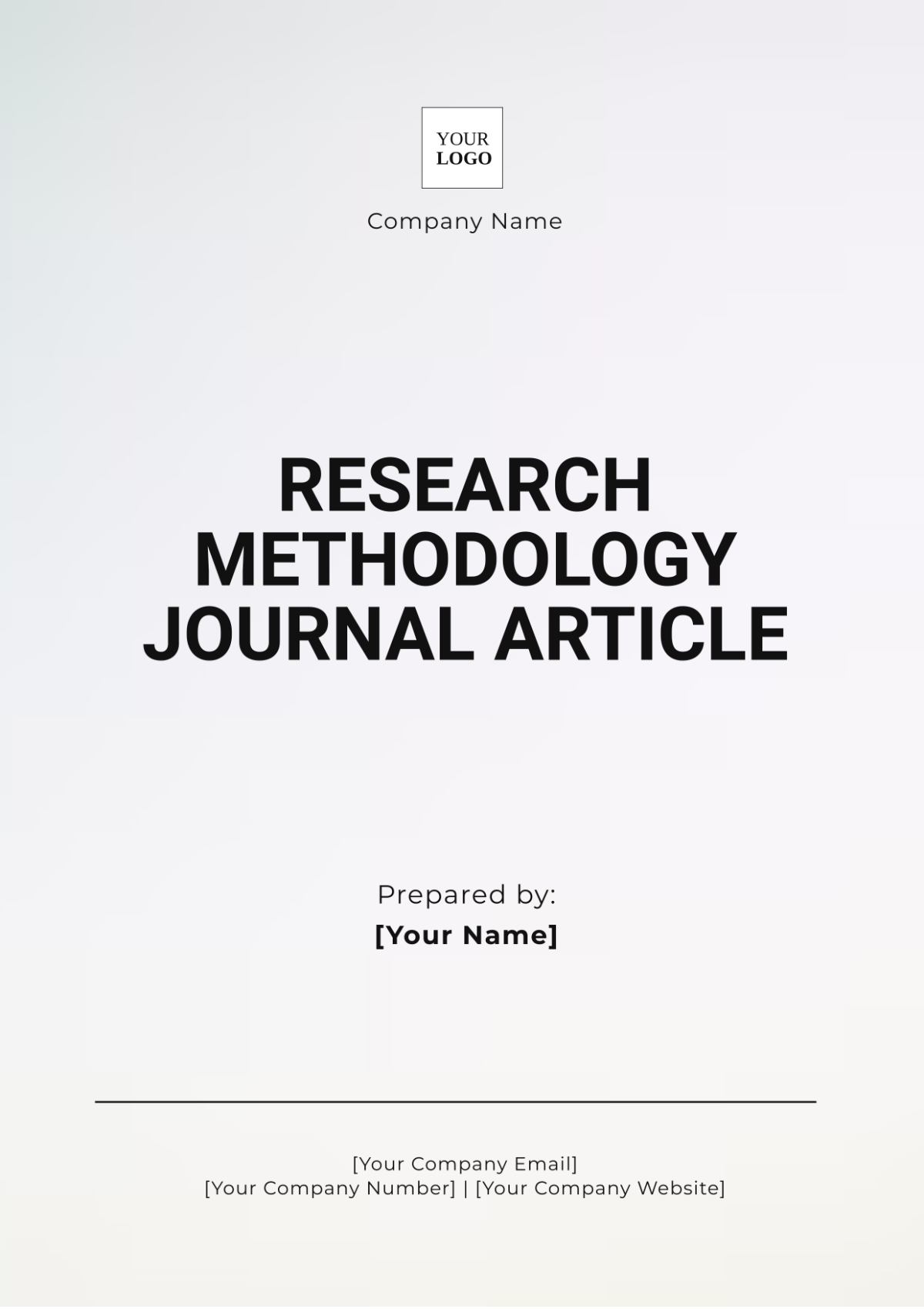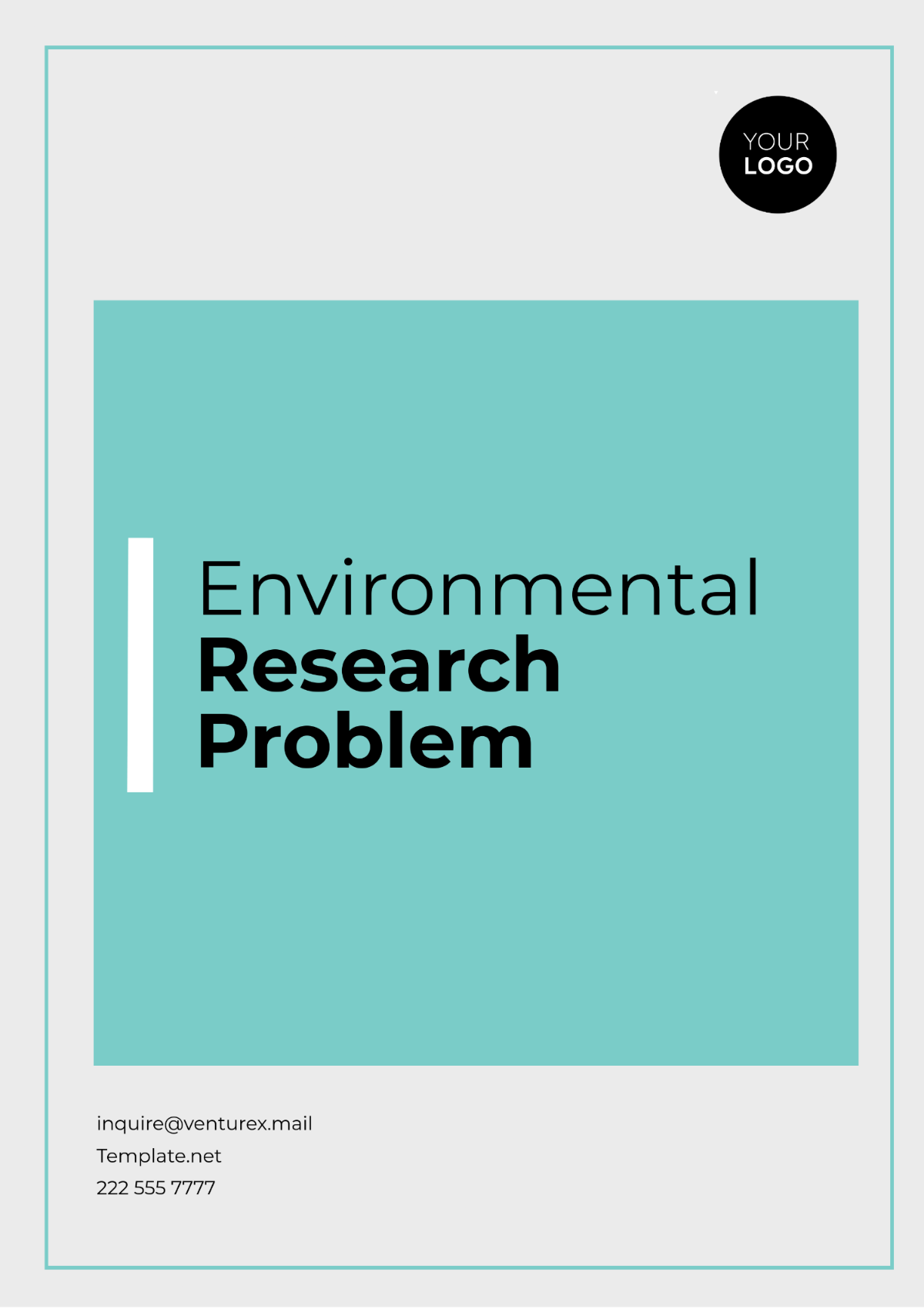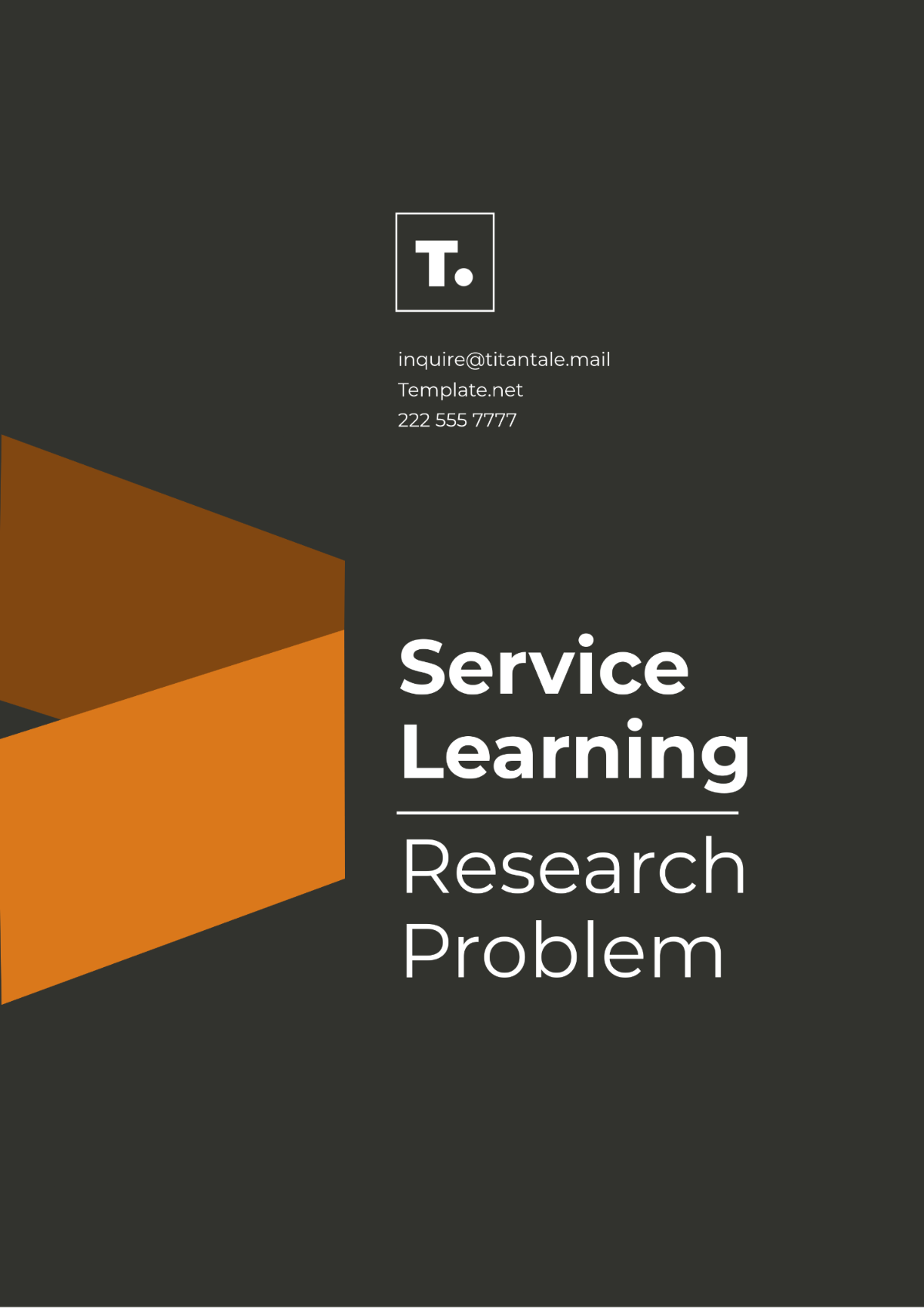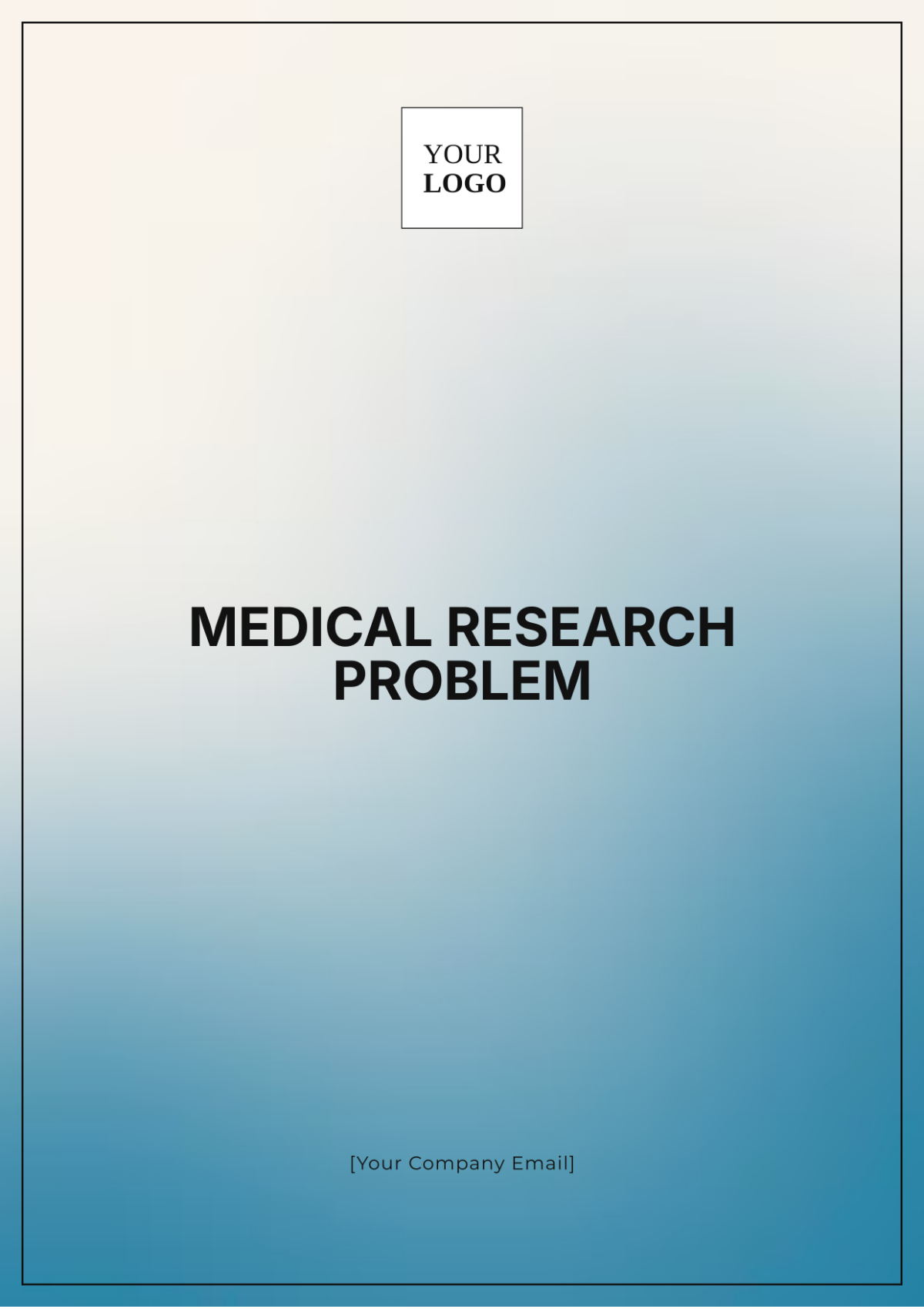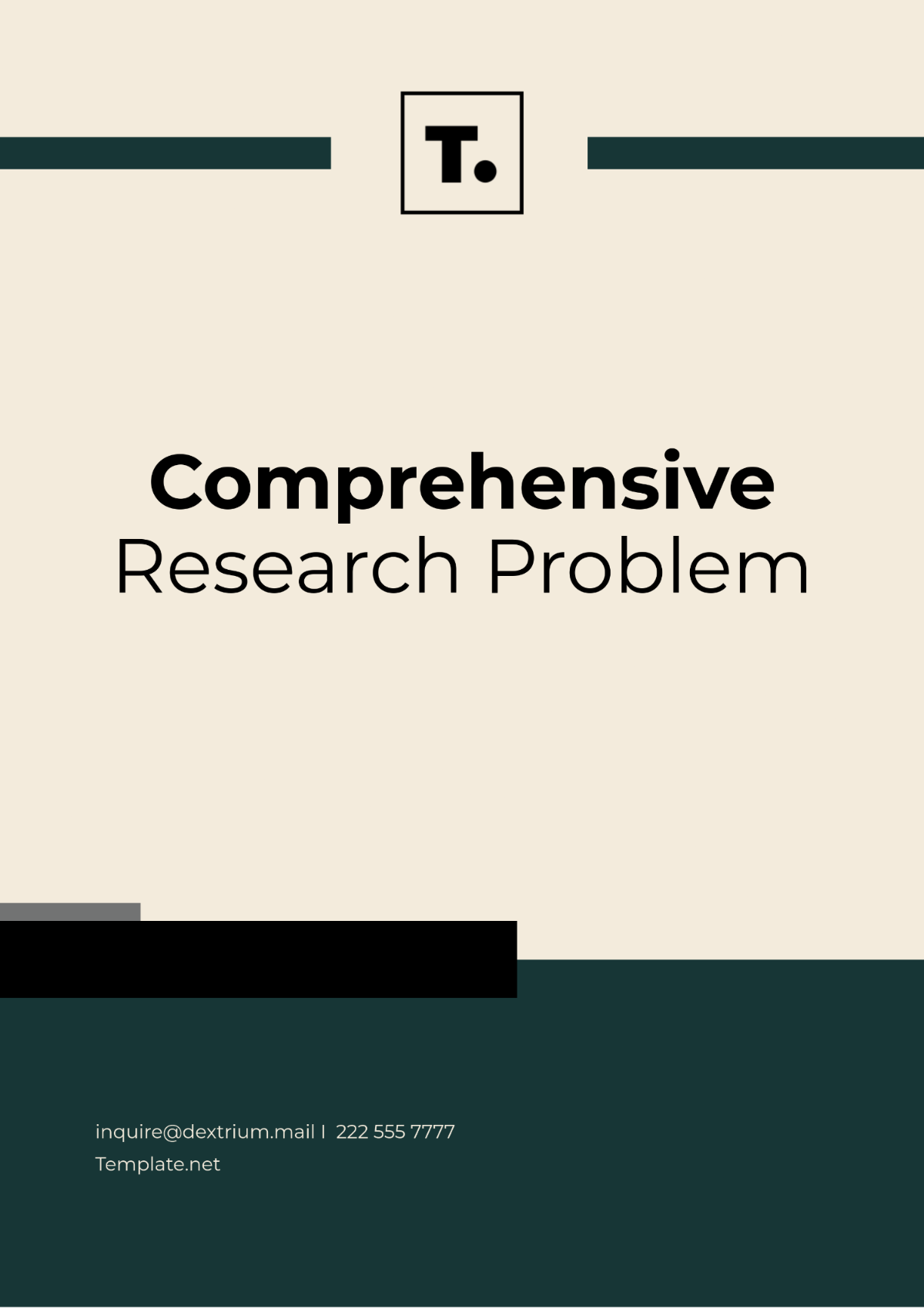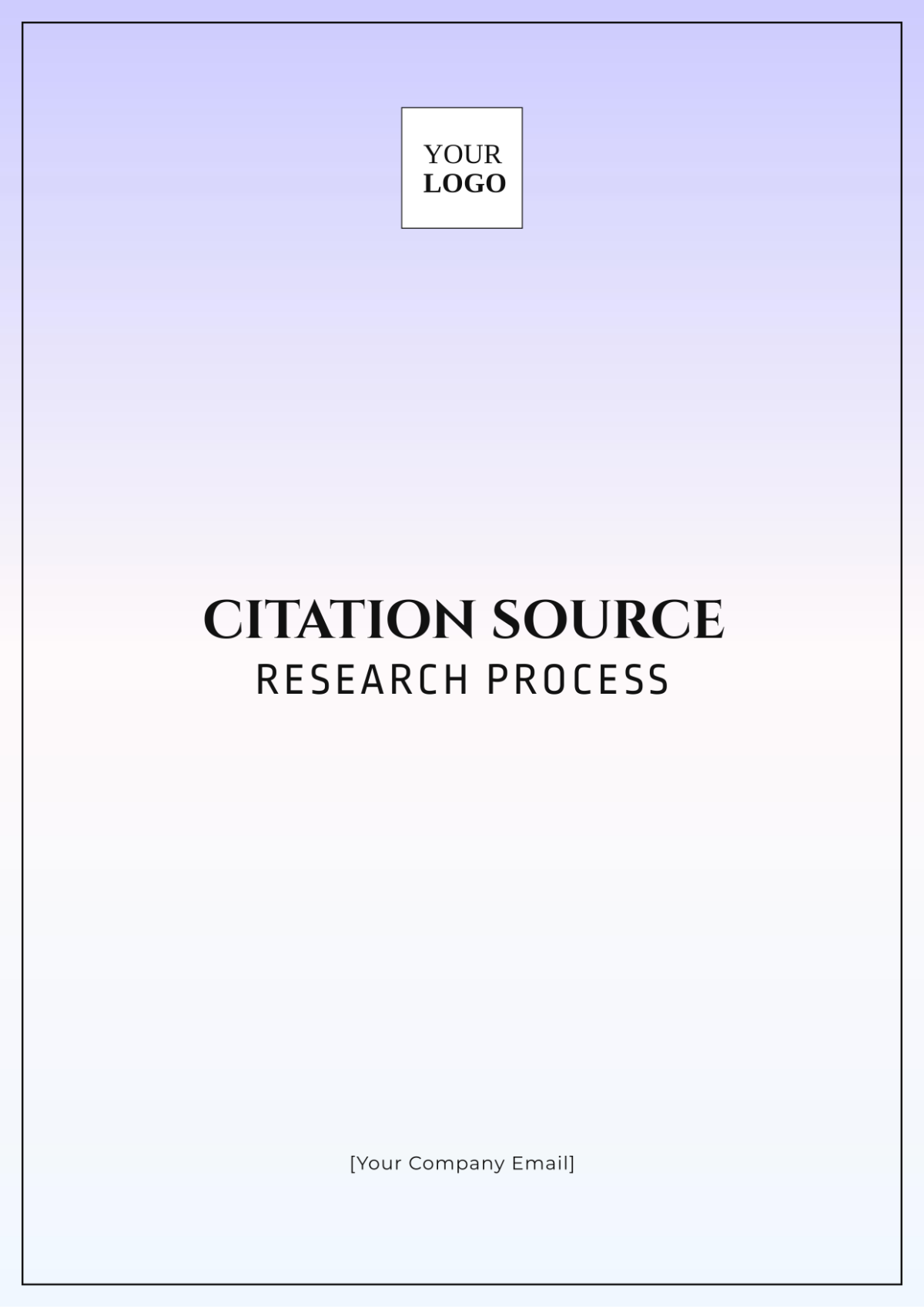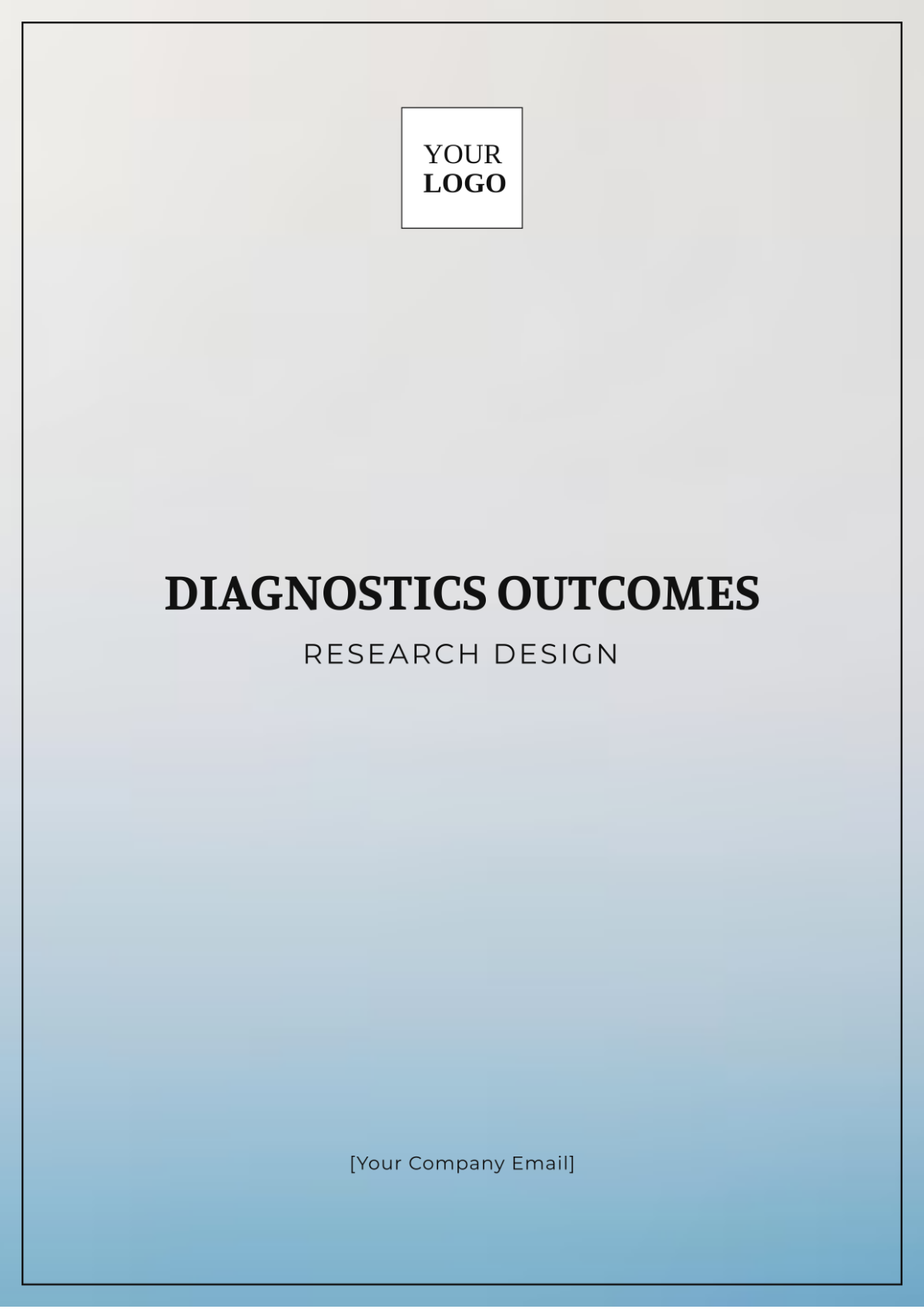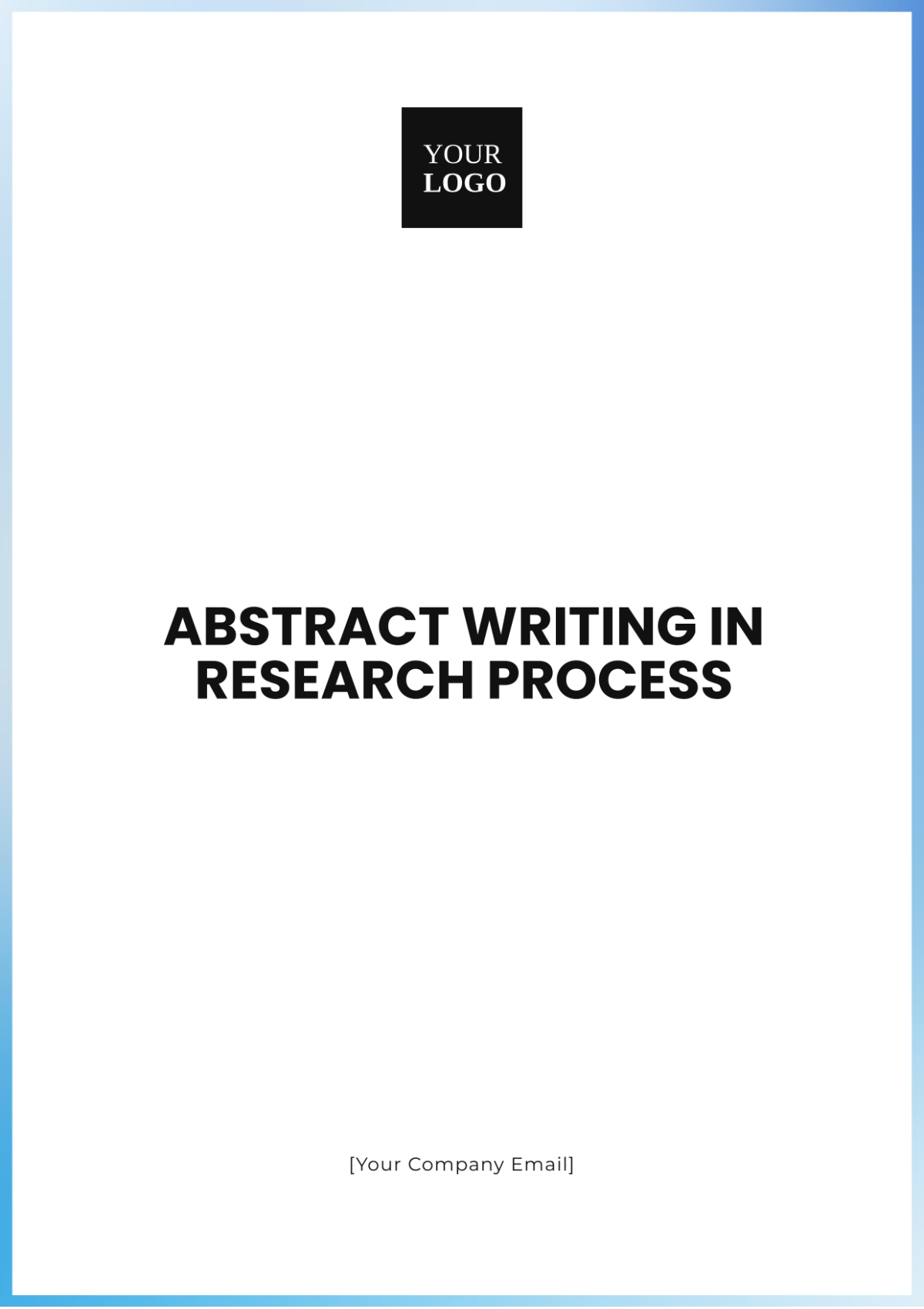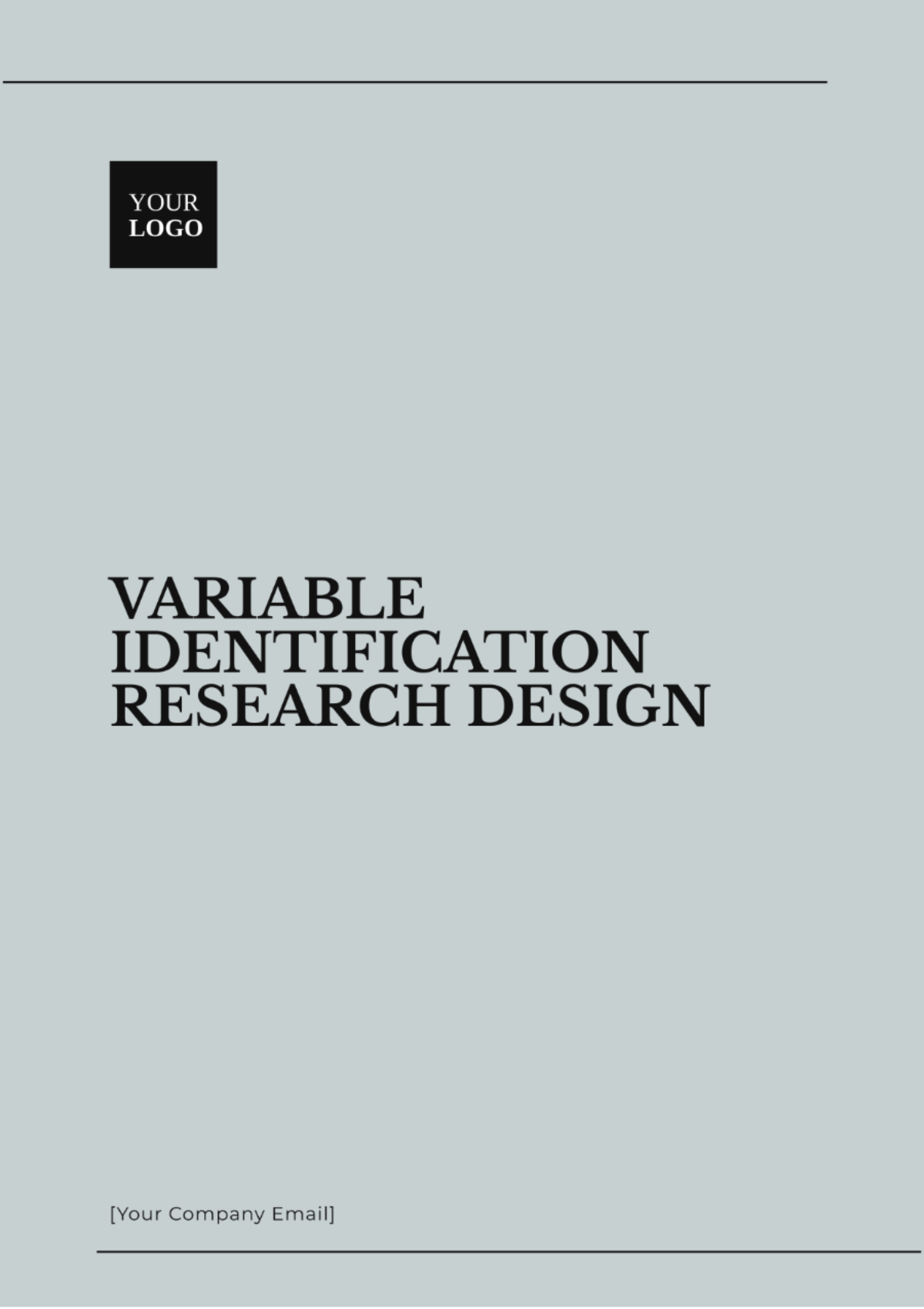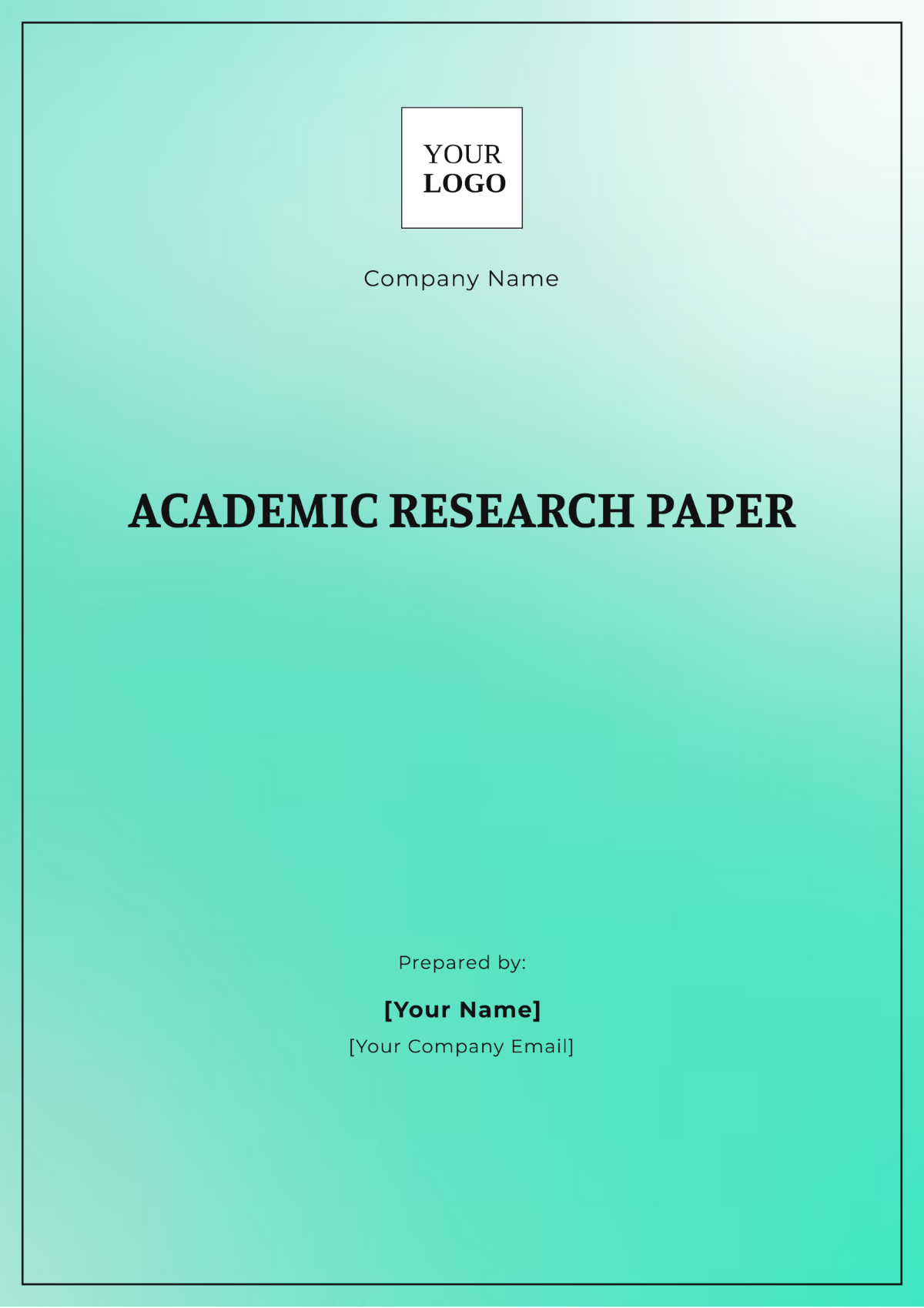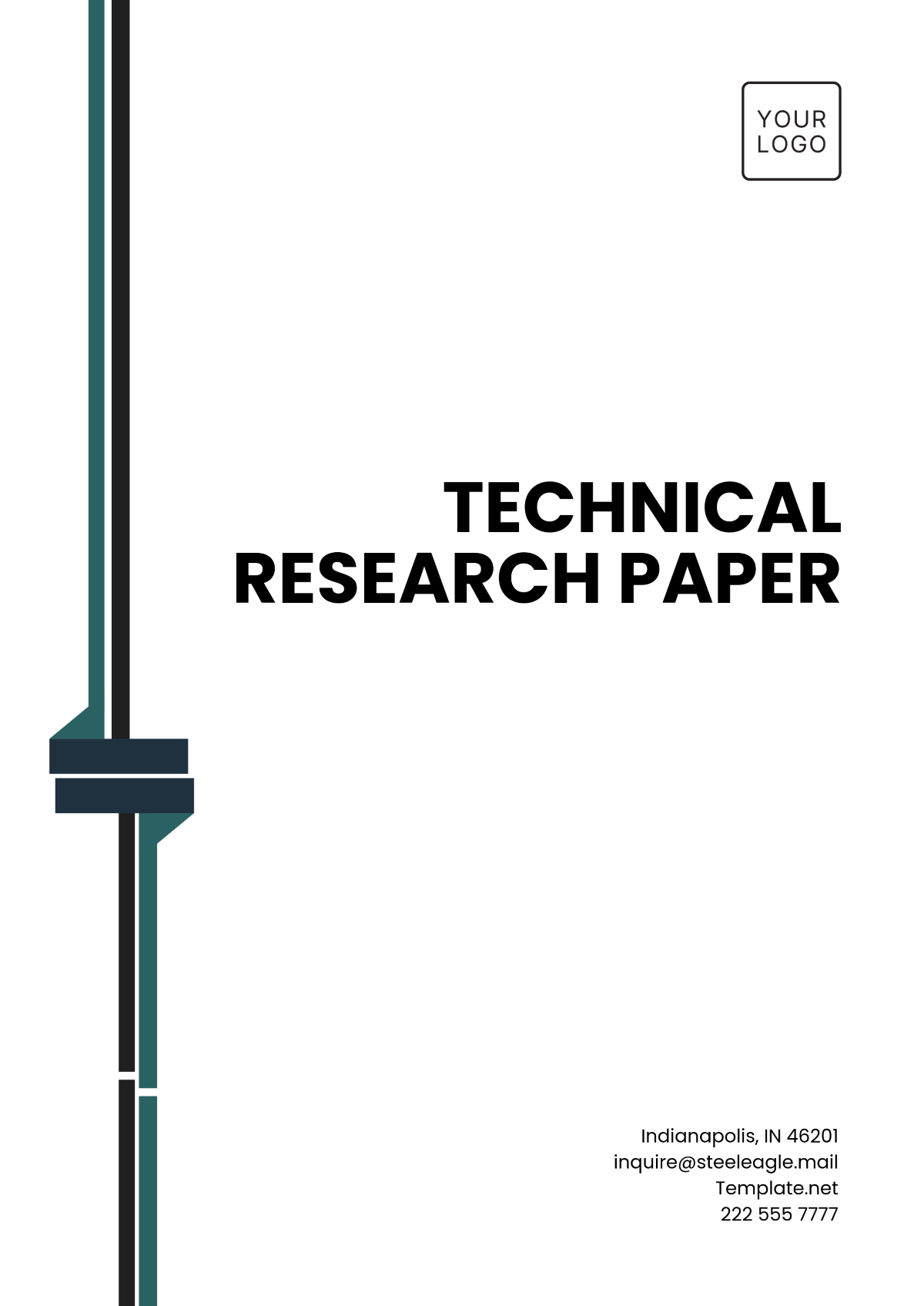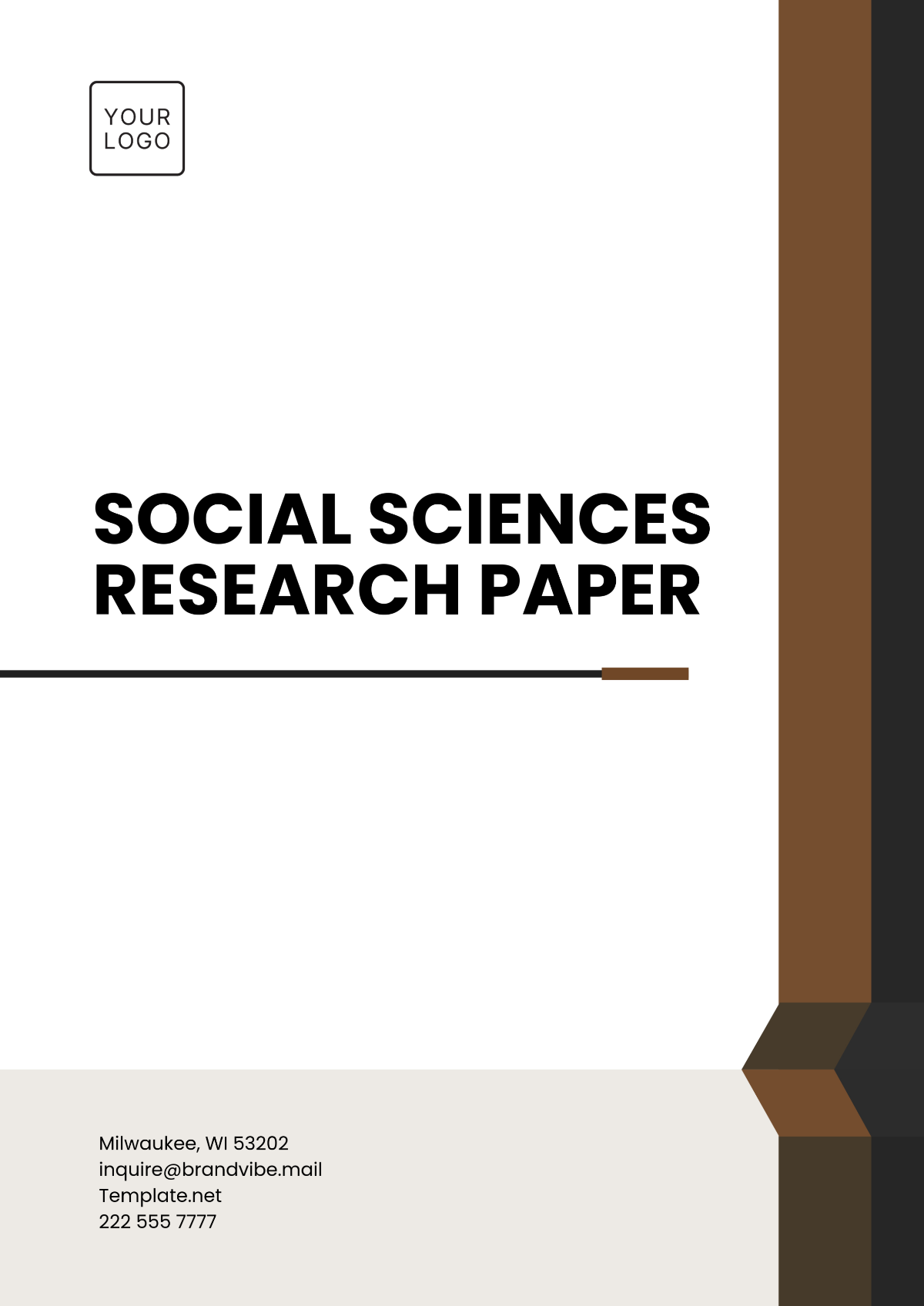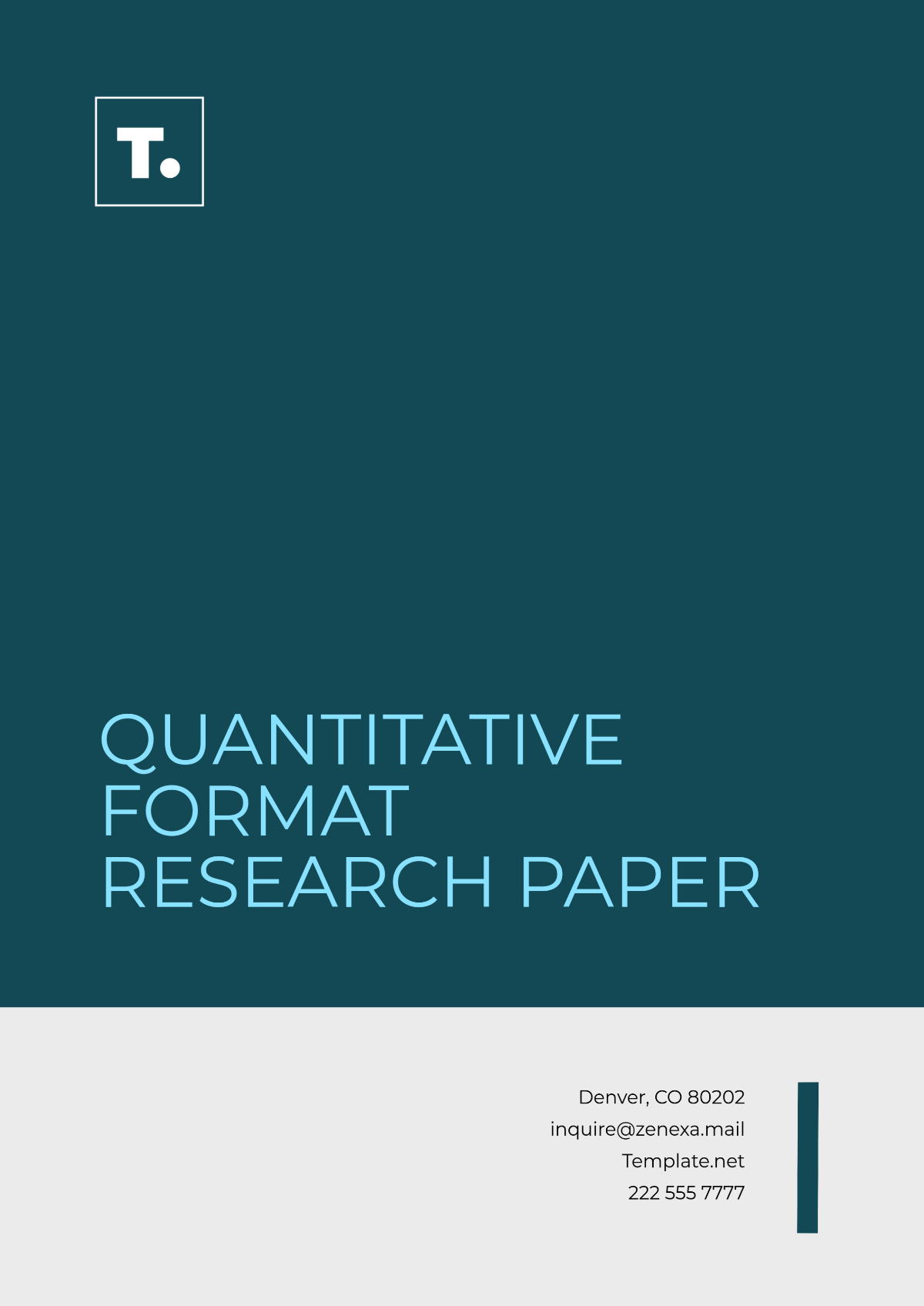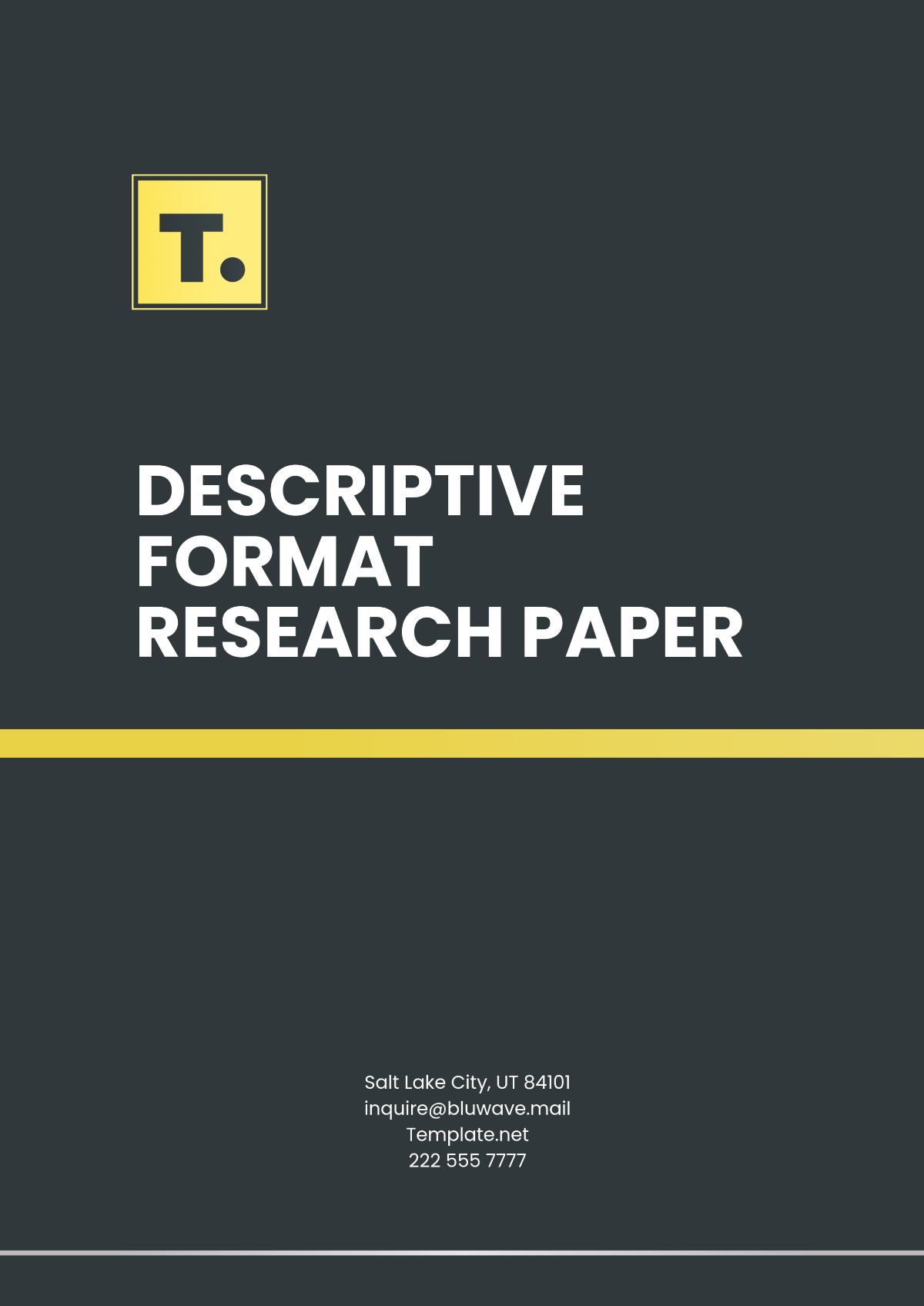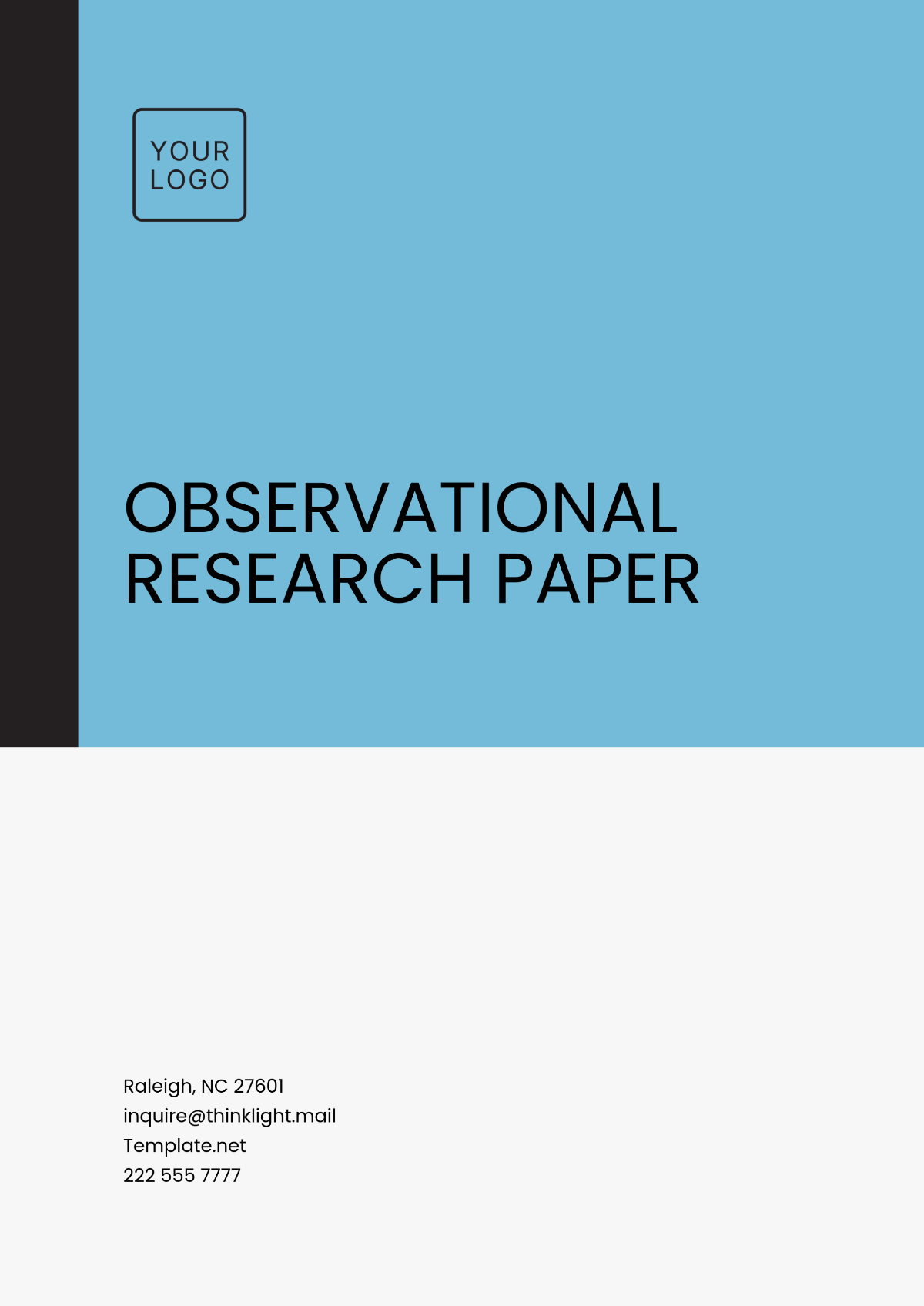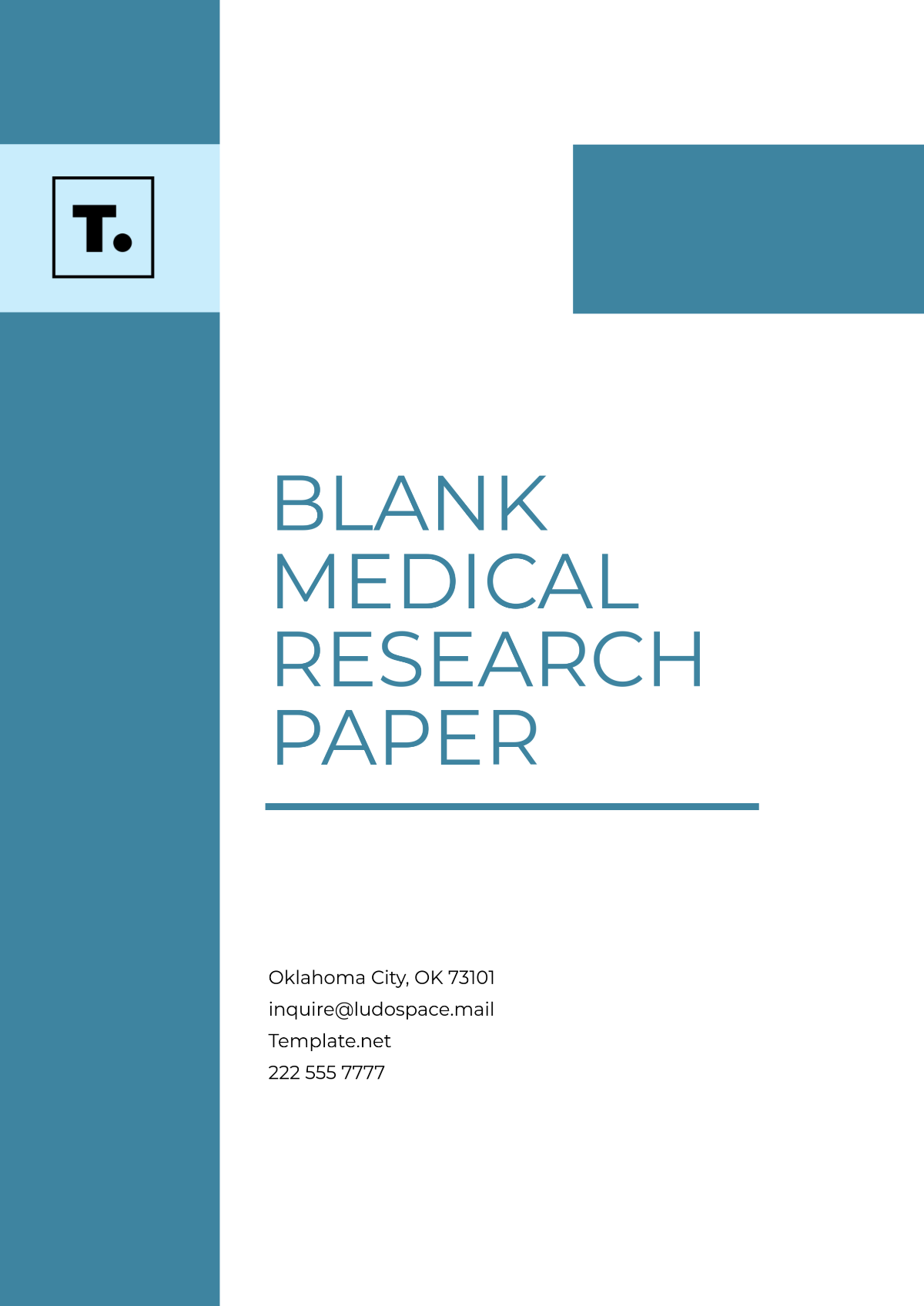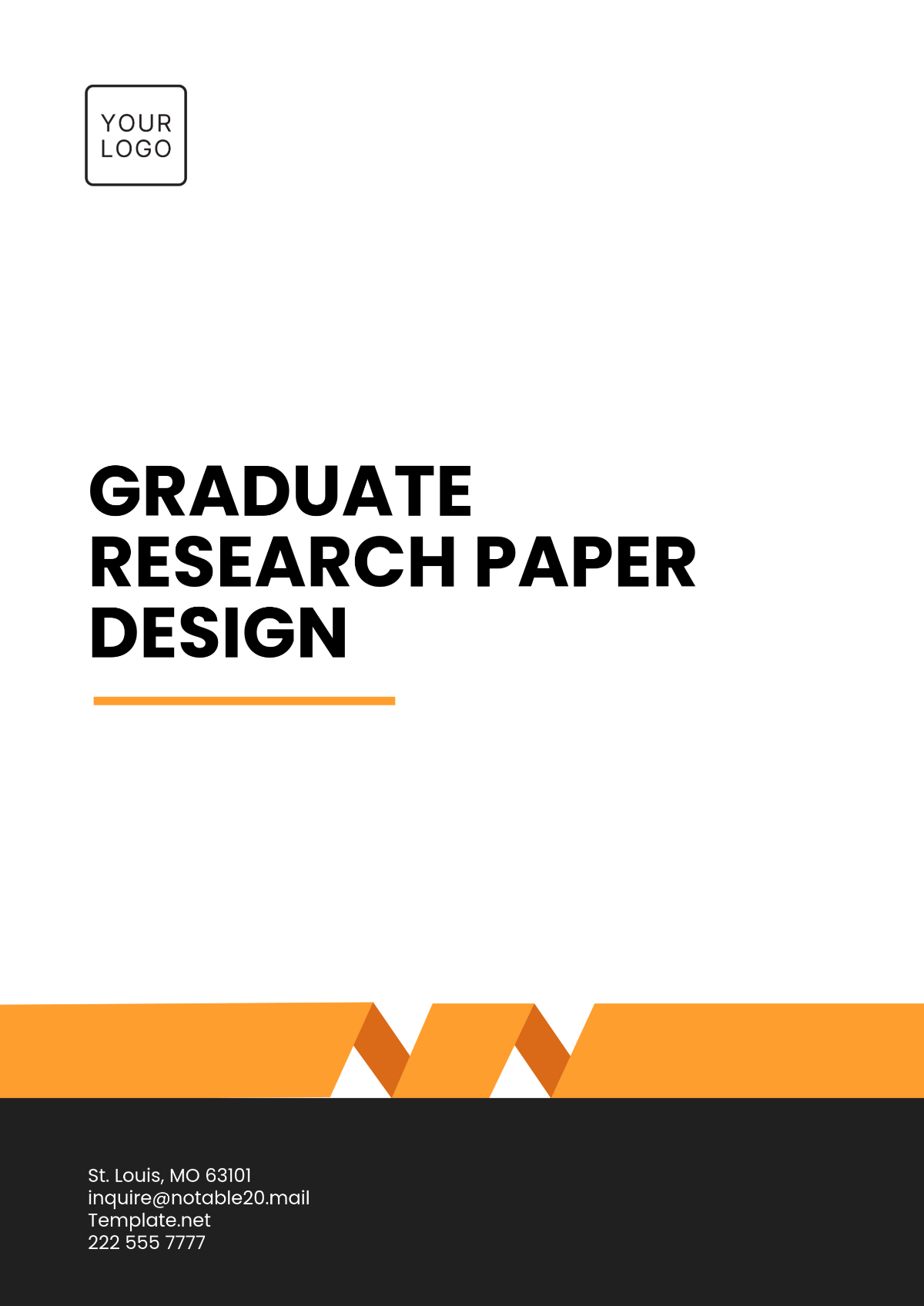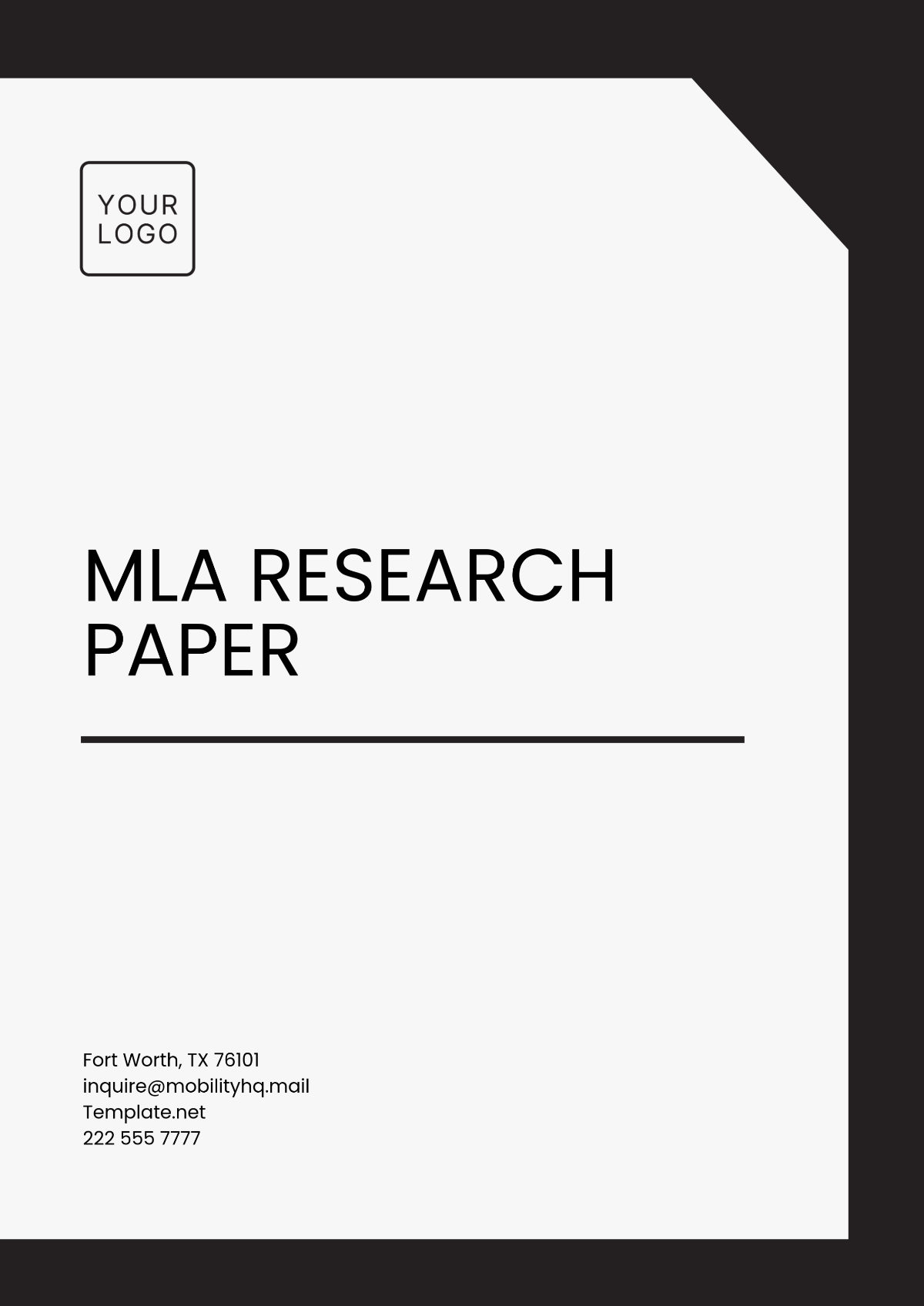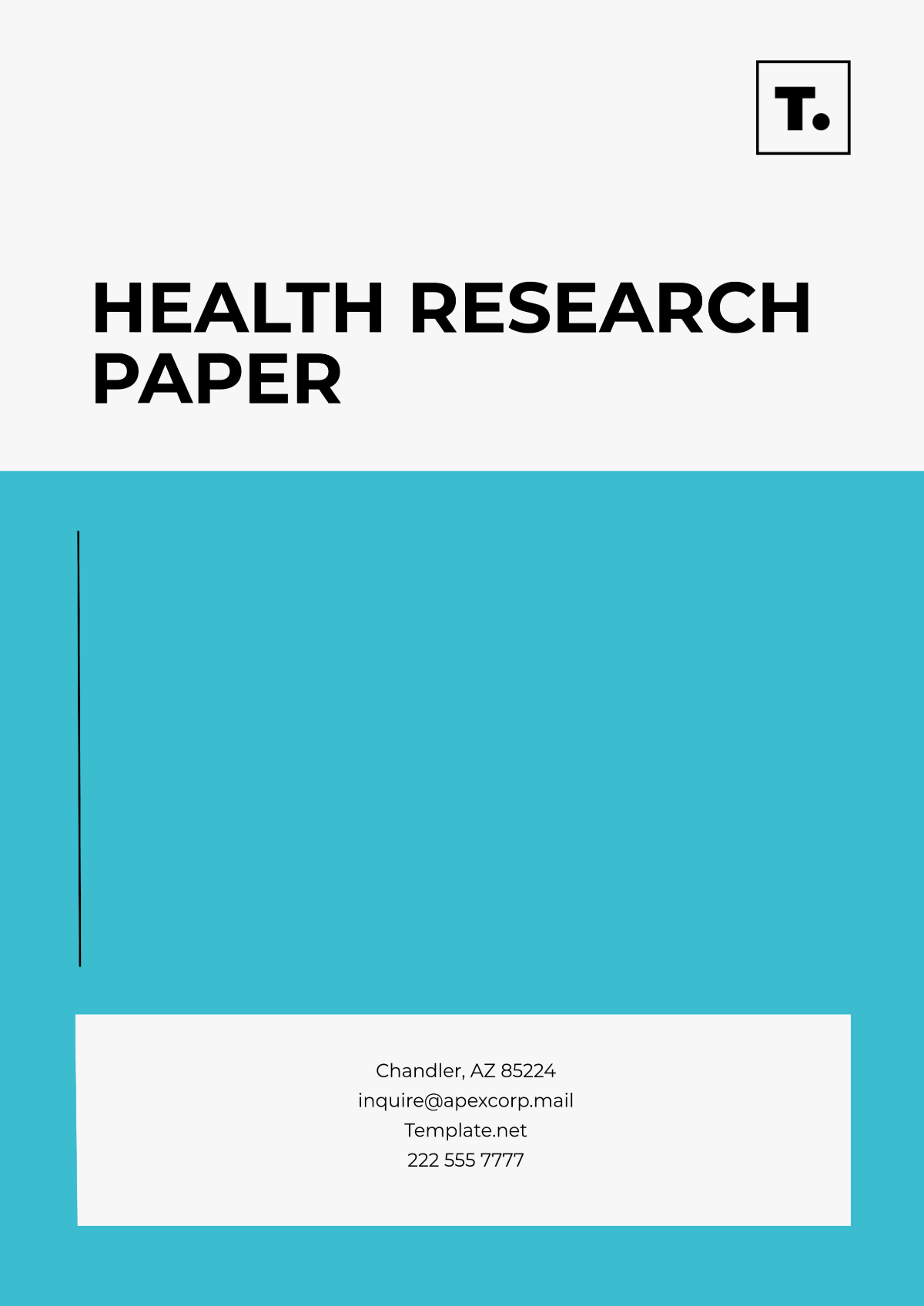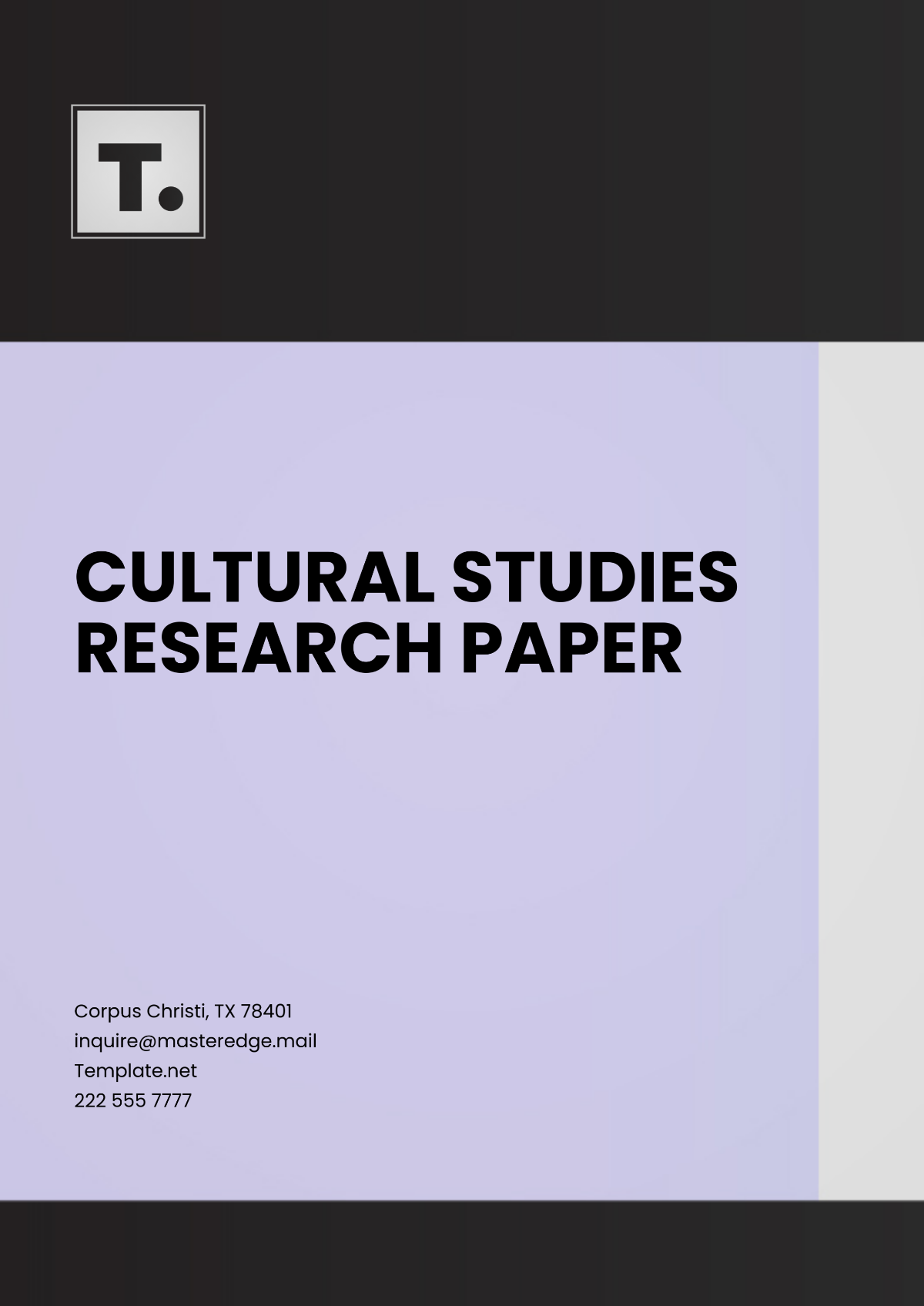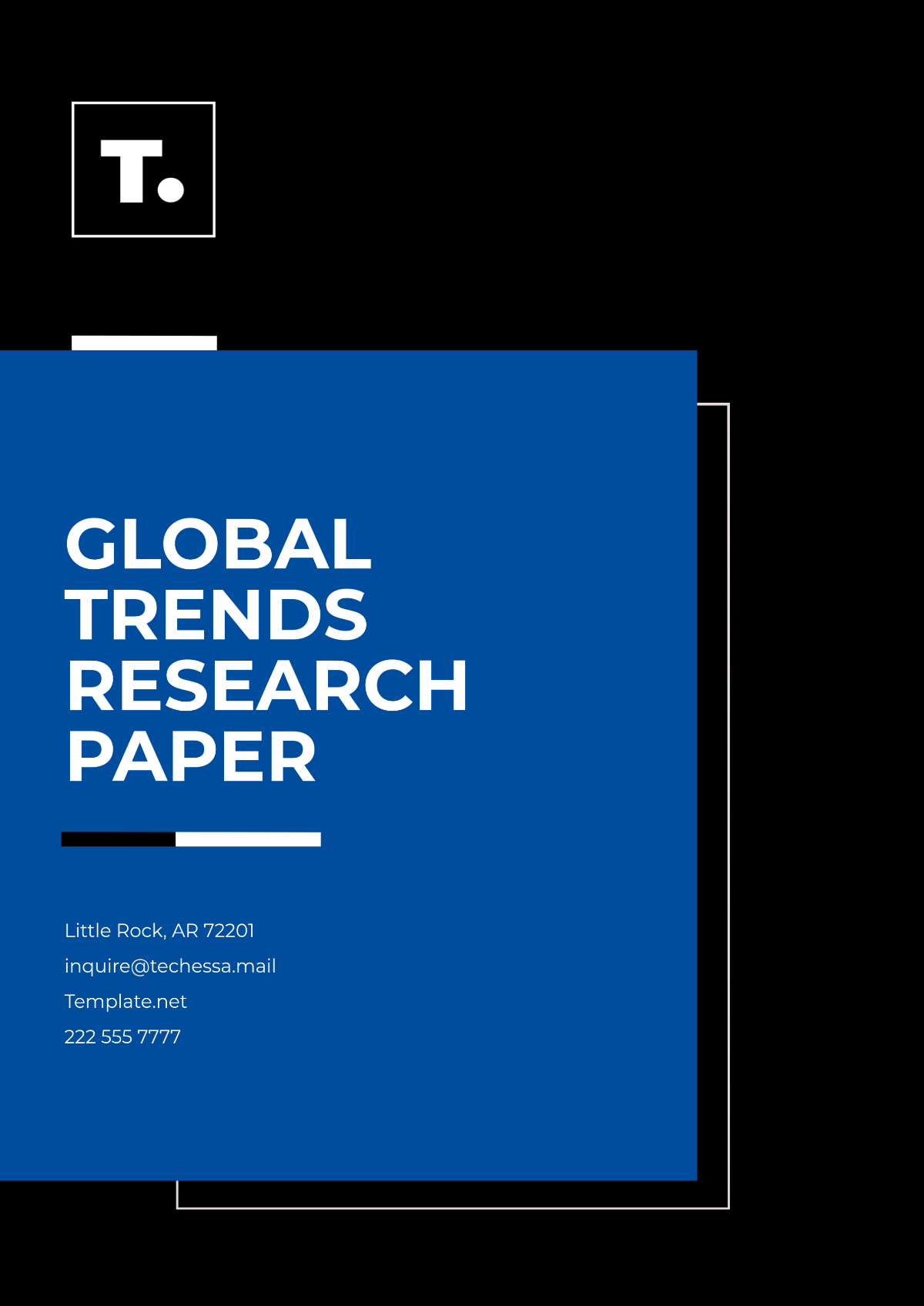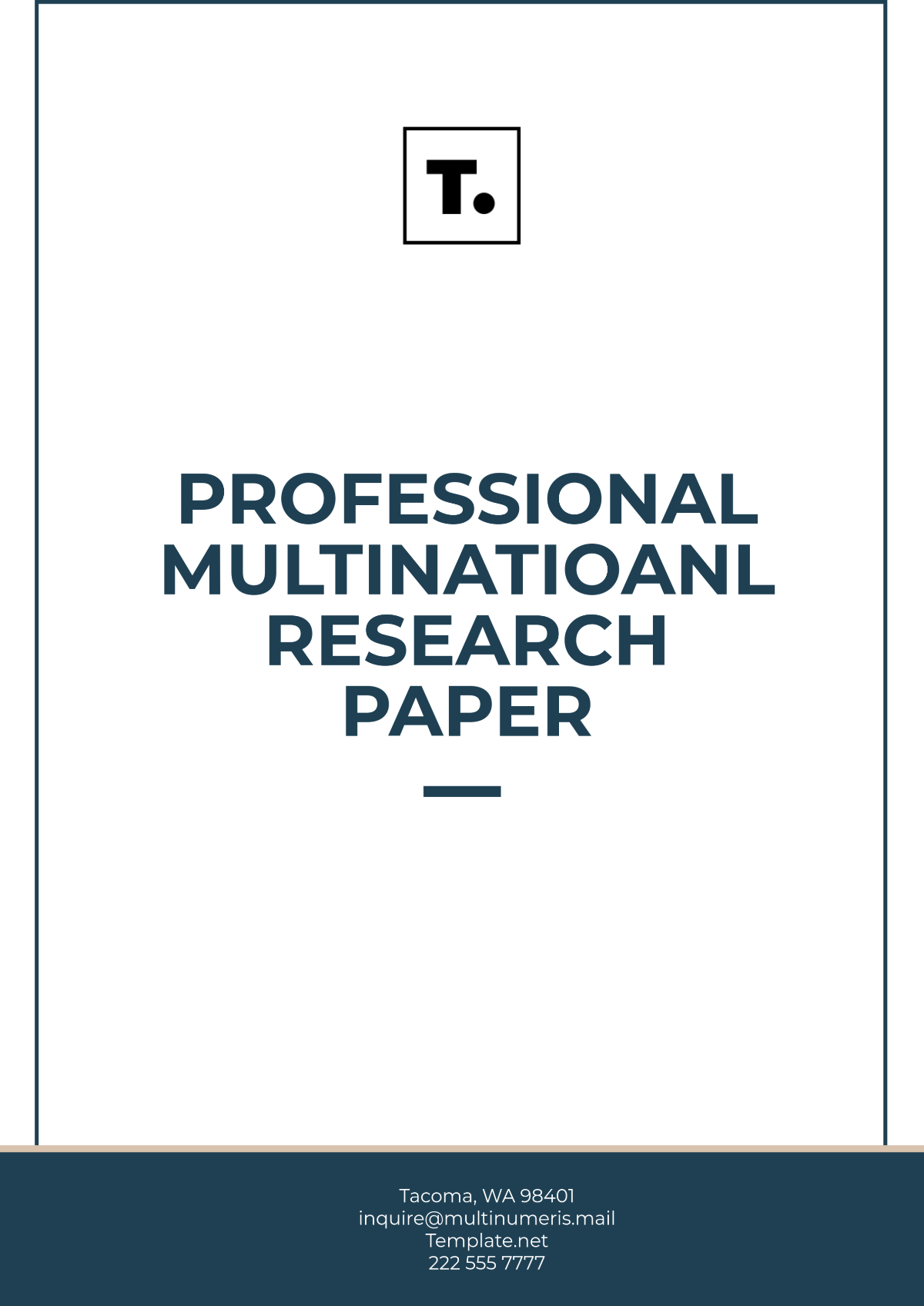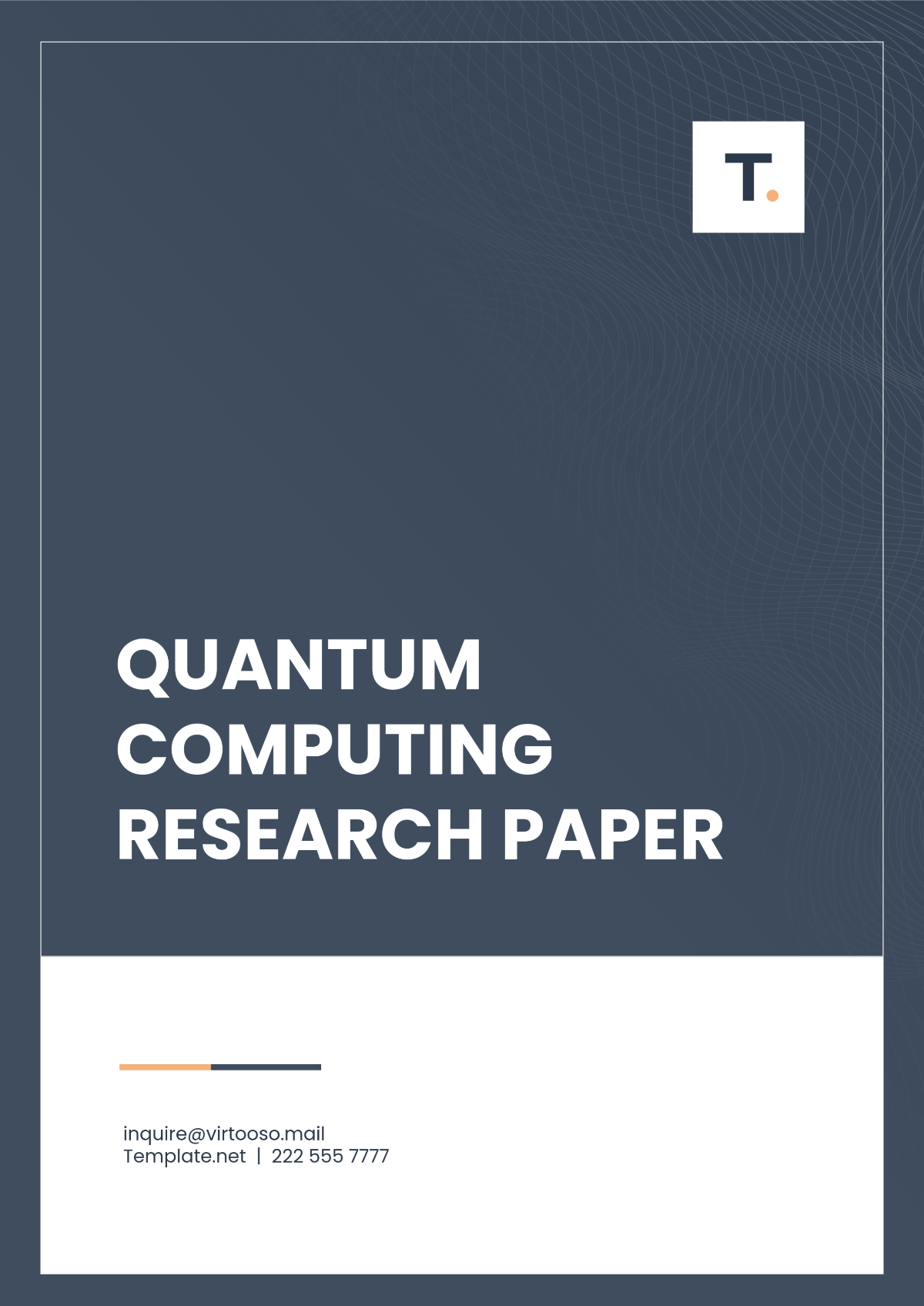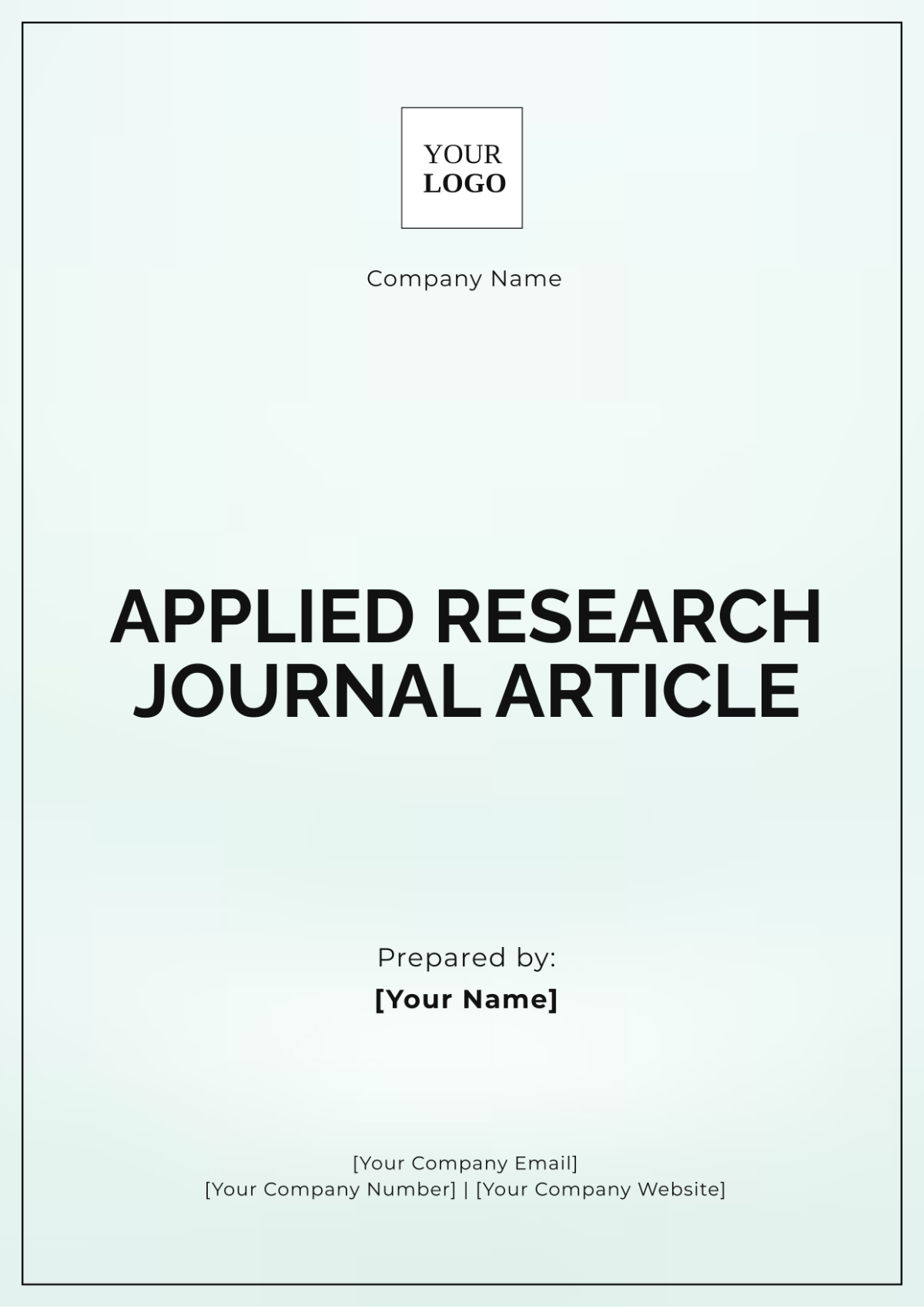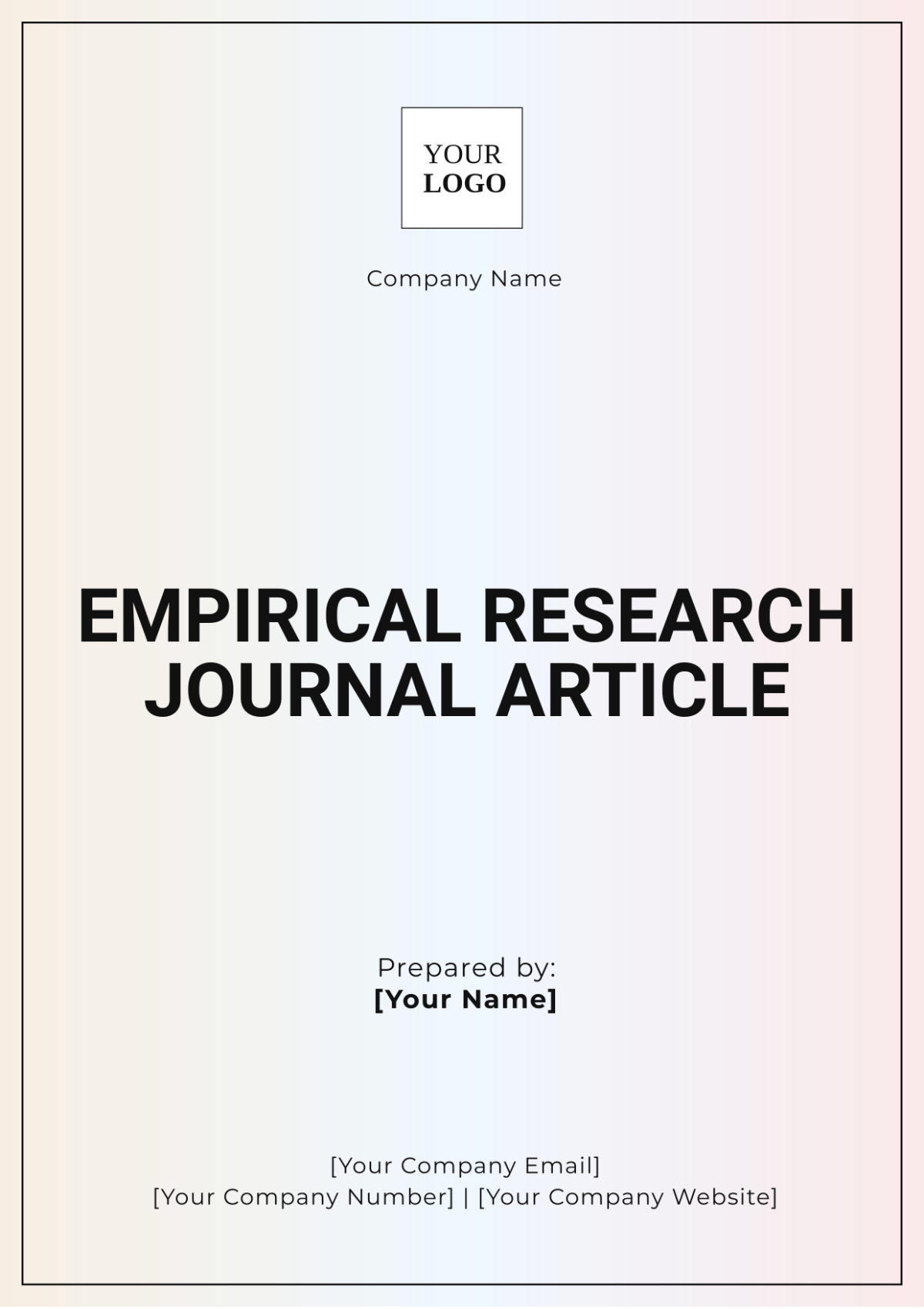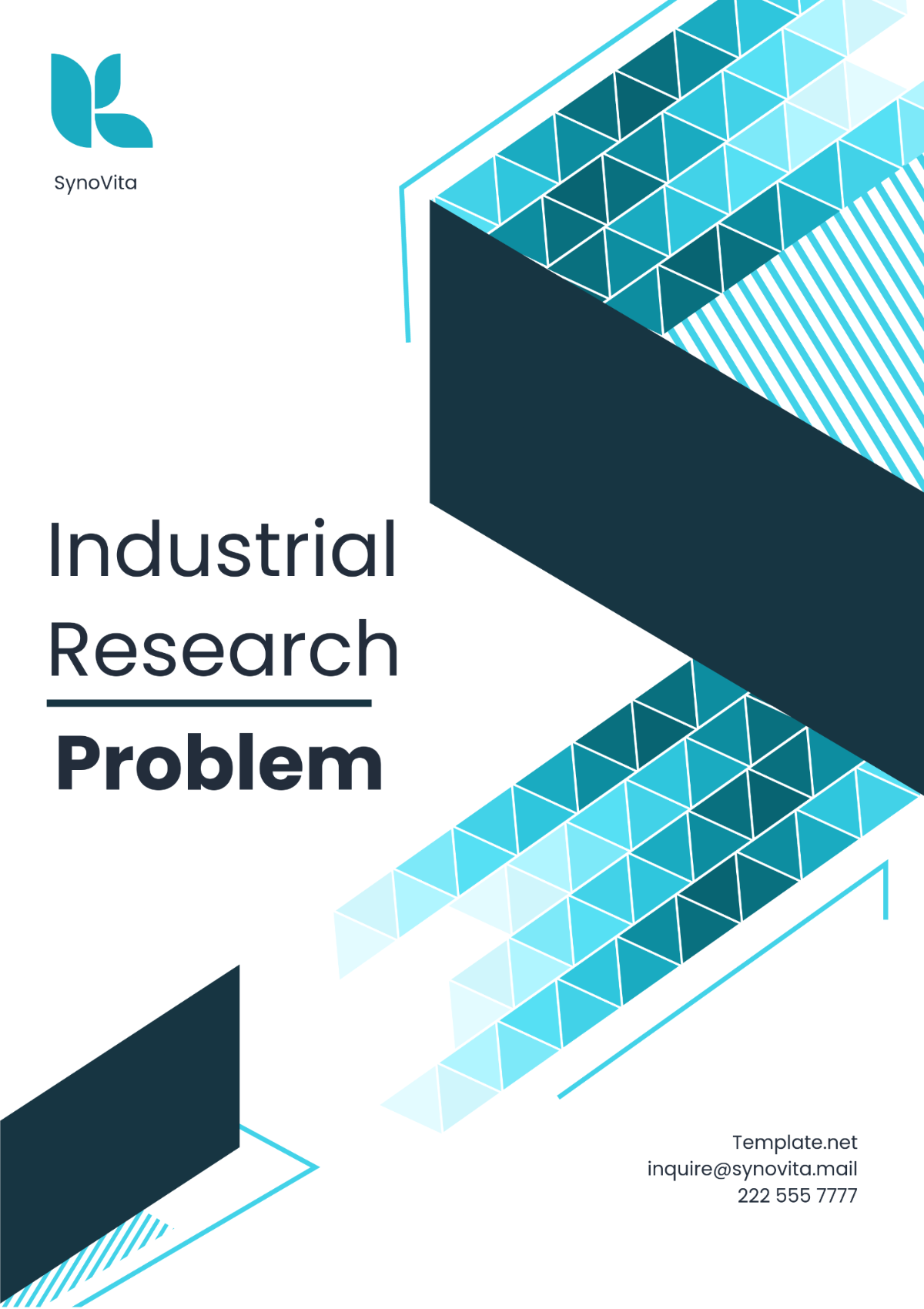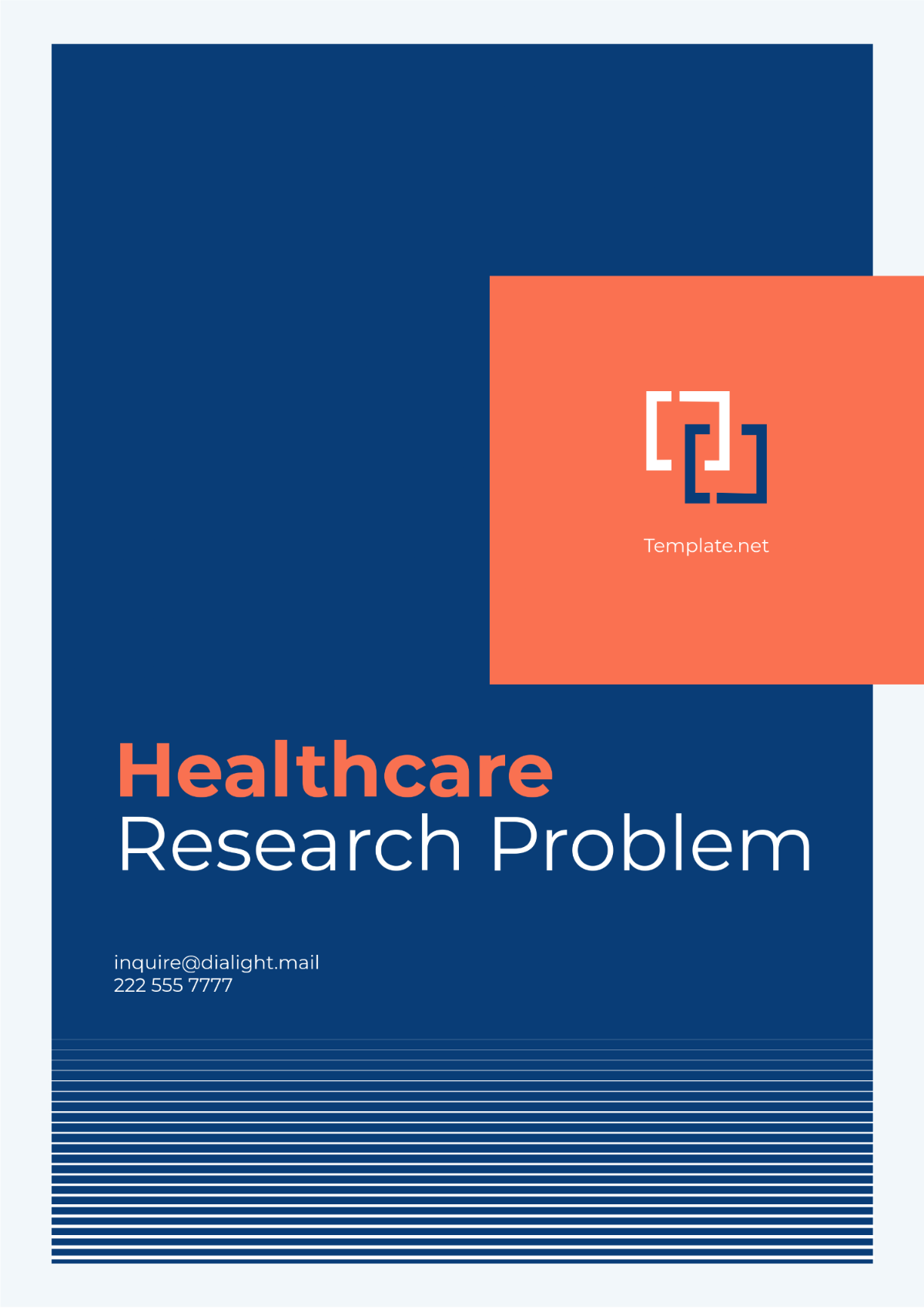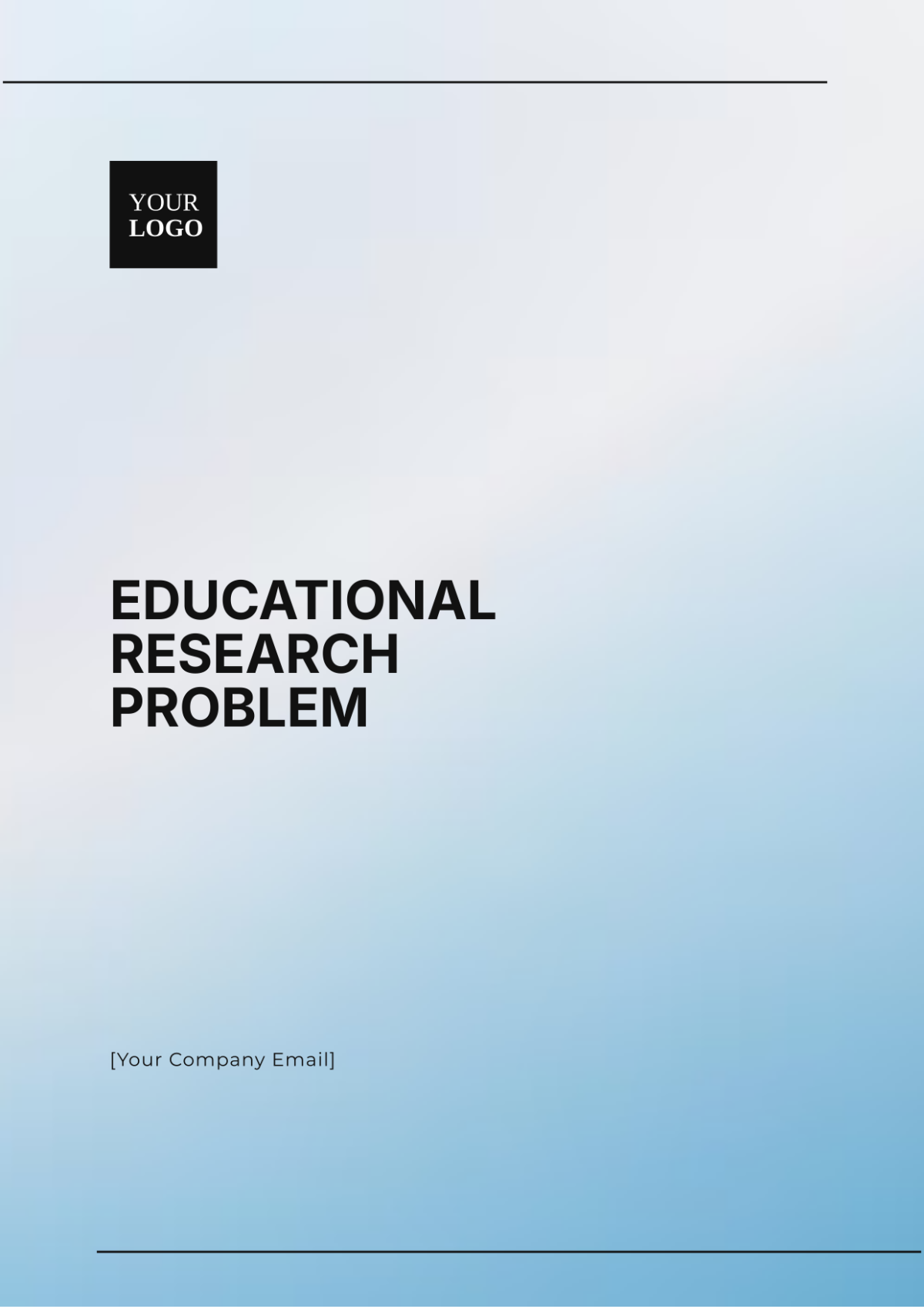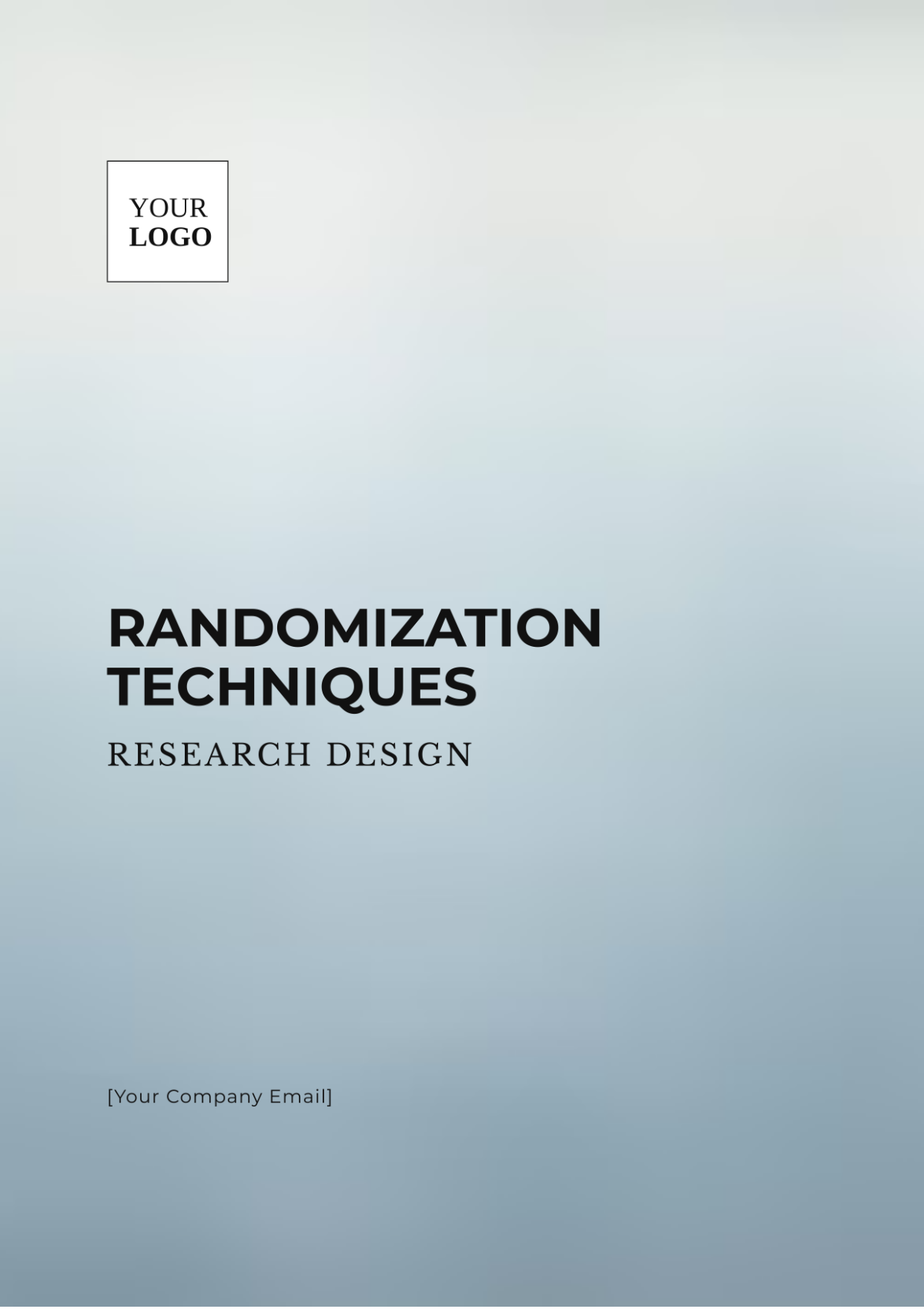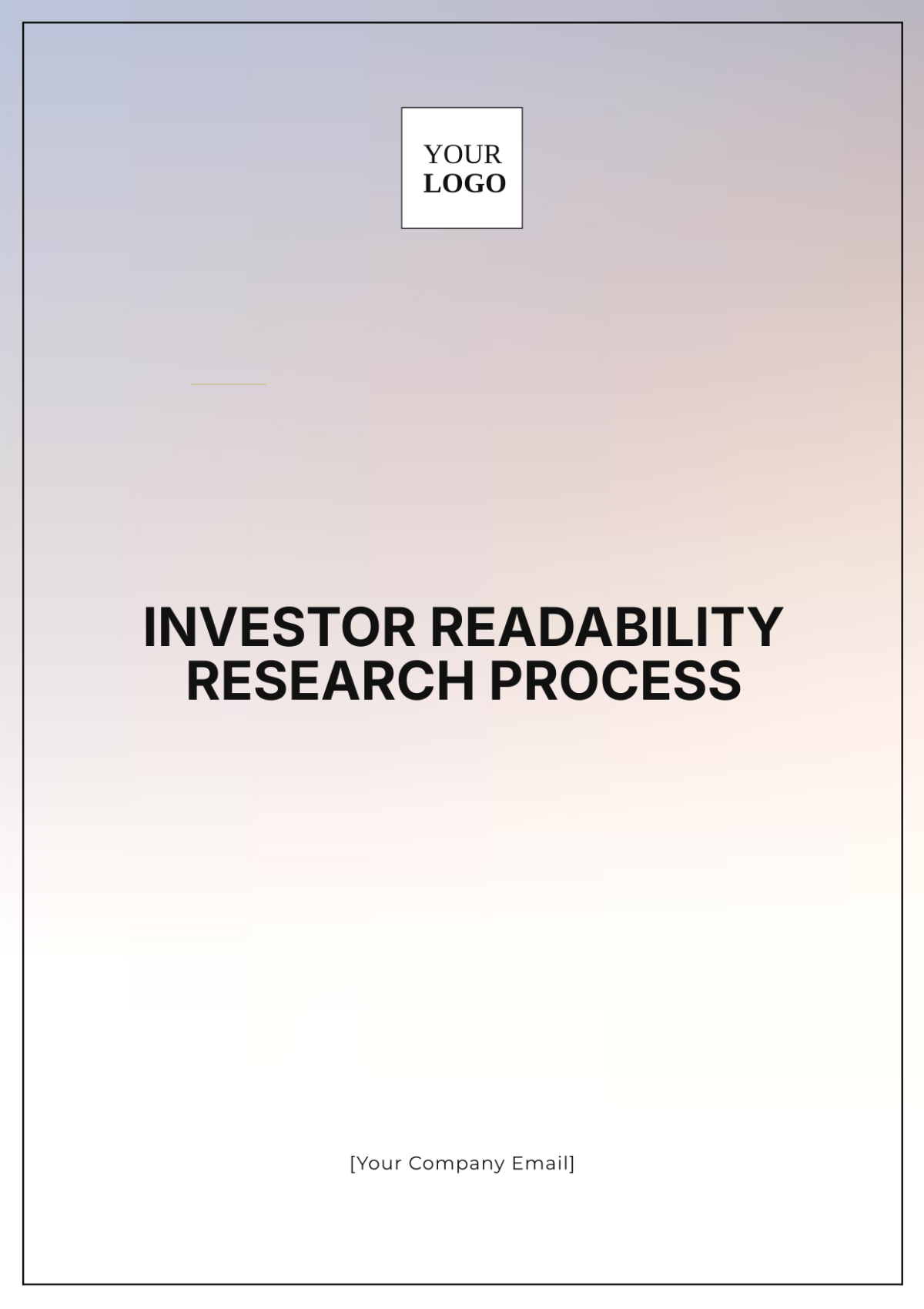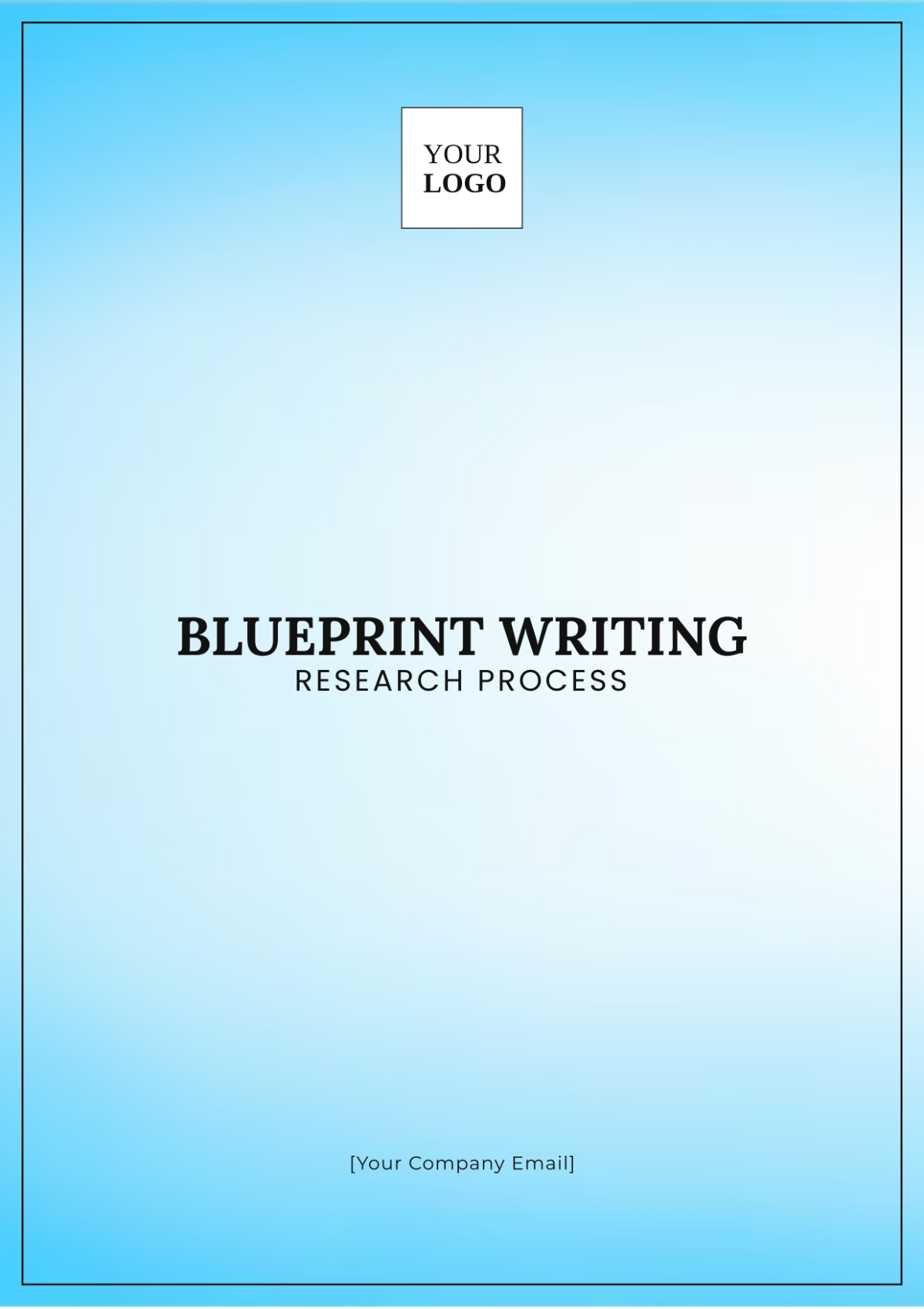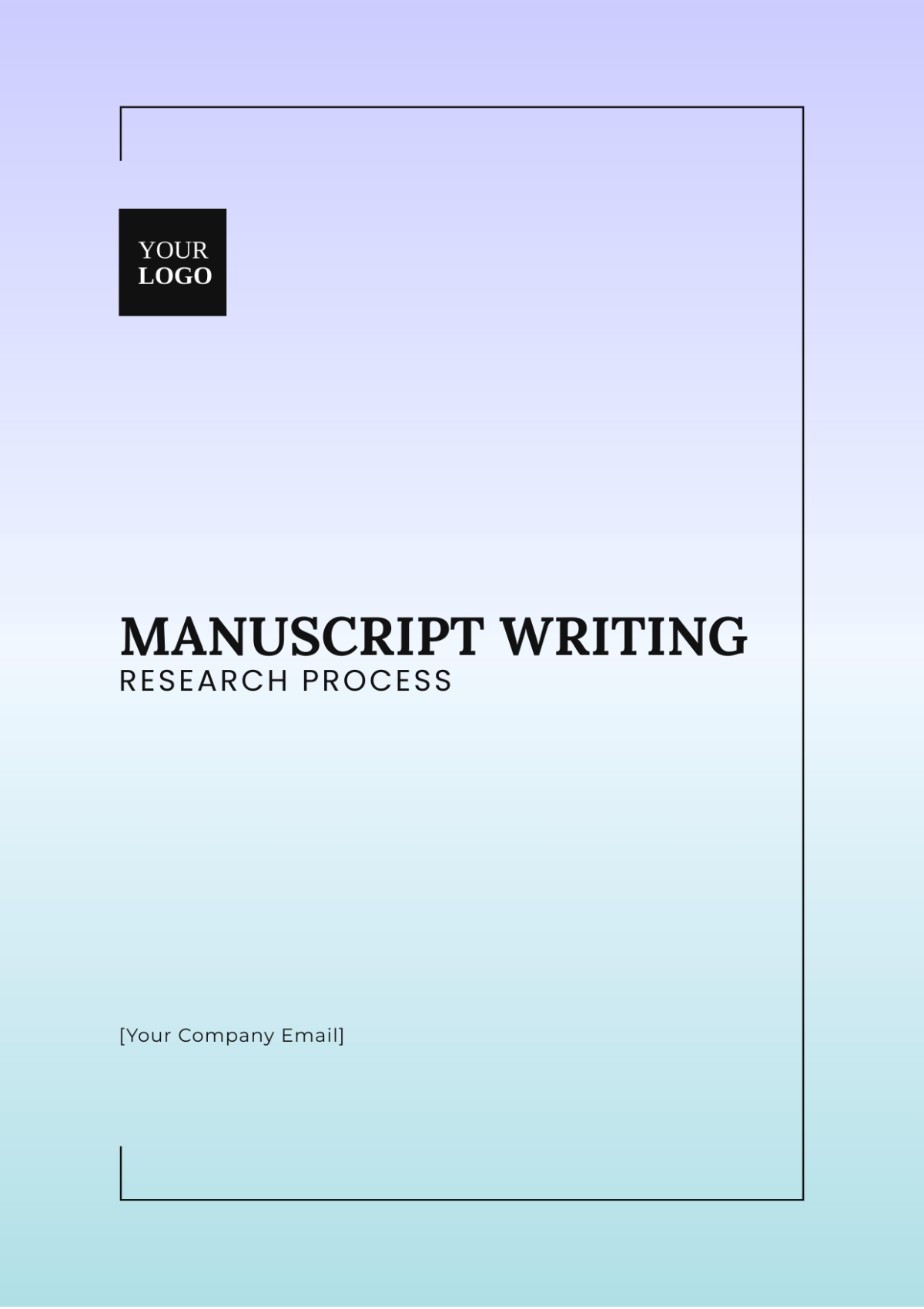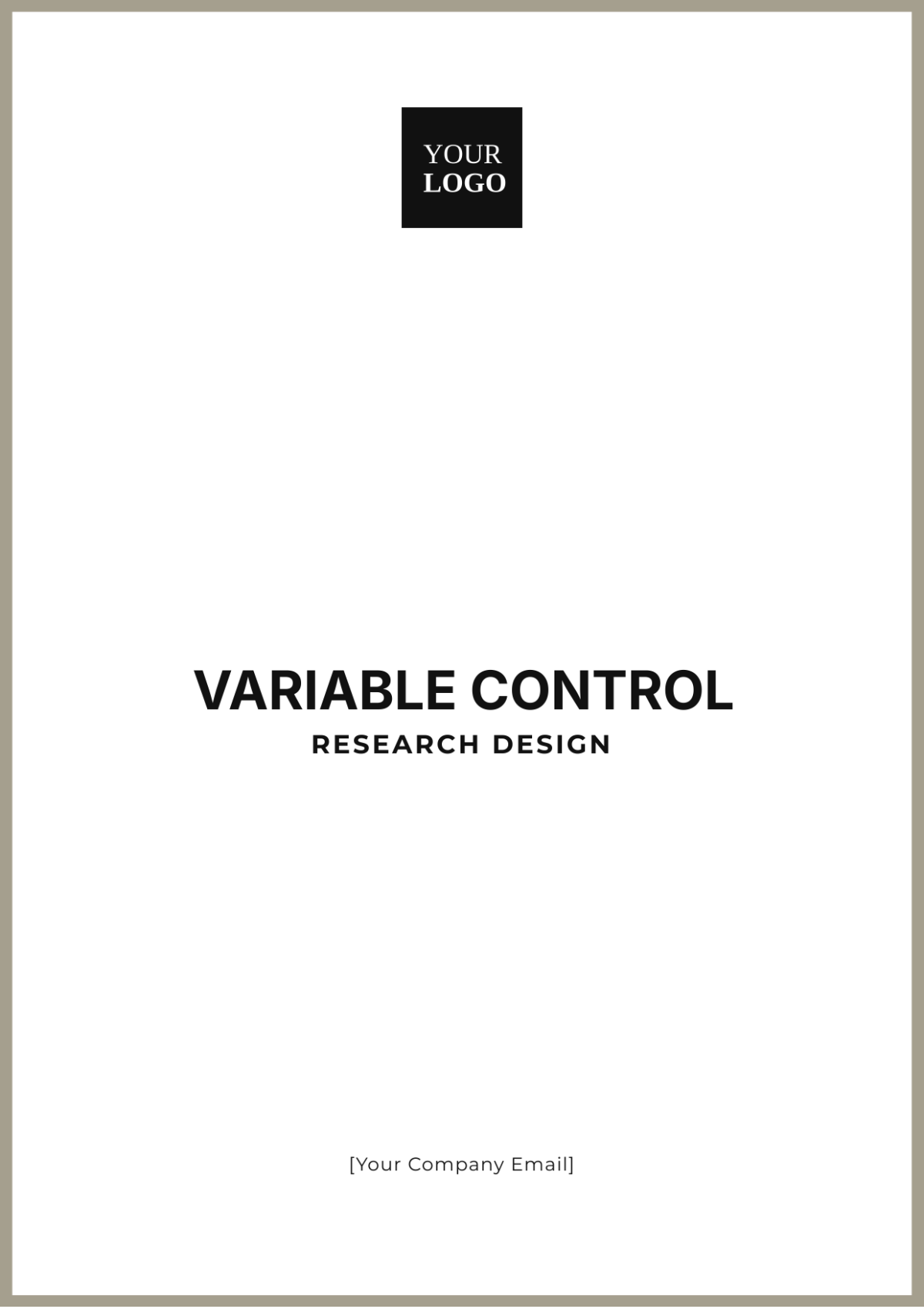Exploratory Research in Review Synthesis
Prepared by: [Your Name]
Date: [Date]
1. Introduction
1.1 Background
In the rapidly developing landscape of academic and applied research, review synthesis plays a crucial role in aggregating and analyzing existing literature. This exploratory research aims to examine the current state of review synthesis methodologies and identify emerging trends and gaps in the field. As we approach 2050, the increasing complexity of research domains necessitates a fresh look at how reviews are conducted and synthesized.
1.2 Objectives
The primary objectives of this exploratory research are to:
Identify key trends and developments in review synthesis methodologies.
Uncover gaps in existing review practices and highlight areas needing further investigation.
Develop new hypotheses or frameworks that could enhance future review synthesis efforts.
2. Methodology
2.1 Research Design
This research employs a mixed-methods approach to provide a comprehensive understanding of current review synthesis practices. Qualitative data from expert interviews are combined with quantitative data from a systematic analysis of recent review articles published since 2050.
2.2 Data Collection
Data was collected through:
A systematic search of academic databases such as PubMed, Scopus, and Web of Science for review articles published between January 2050 and August 2053.
Structured interviews with 20 leading researchers in the field, conducted via video conferencing platforms in May 2053.
Analysis of citation networks and meta-analytic data using software tools like VOSviewer and RevMan.
2.3 Data Analysis
The data were analyzed using thematic analysis for qualitative data and statistical techniques for quantitative data. Patterns and themes were identified using NVivo software, while quantitative analyses were conducted using R and Python for data visualization and interpretation.
3. Literature Review
3.1 Historical Context
Review synthesis has developed significantly over the past decades. Initially focused on summarizing findings from individual studies, the approach has shifted towards more comprehensive methods integrating various data types and sources. Recent advancements include the use of machine learning algorithms to enhance the accuracy and efficiency of literature reviews.
3.2 Current Trends
Recent literature highlights several trends in review synthesis:
AI Integration: The application of artificial intelligence to automate data extraction and analysis is increasingly common.
Interdisciplinary Approaches: Reviews are increasingly crossing disciplinary boundaries to provide more holistic insights.
Enhanced Reporting Standards: New guidelines and standards are being developed to improve the transparency and reproducibility of review processes.
3.3 Gaps in Existing Research
Despite these advancements, several gaps remain:
Lack of Unified Frameworks: There is no one-size-fits-all framework for review synthesis, leading to inconsistencies in methodology.
Limited Focus on Emerging Fields: Areas such as quantum computing and bioinformatics are not yet well-represented in review syntheses.
Tool Limitations: Existing tools for managing and analyzing review data are often inadequate for handling large and complex datasets.
4. Review Synthesis
4.1 Key Findings
Emerging Methodologies: A shift towards integrating artificial intelligence and machine learning in review synthesis has been observed. Techniques such as automated citation analysis and algorithm-driven literature selection are becoming more prevalent.
Increased Focus on Interdisciplinary Reviews: There is a growing trend towards interdisciplinary review synthesis, reflecting the complexity and interconnectedness of modern research domains.
Standardization Efforts: Efforts to standardize review protocols and reporting guidelines have gained momentum, aiming to enhance the reproducibility and transparency of review processes.
4.2 Gaps and Opportunities
Lack of Comprehensive Frameworks: There is a noticeable gap in comprehensive frameworks that integrate emerging methodologies with traditional review practices.
Underexplored Domains: Certain high-impact research areas, such as quantum computing and bioinformatics, remain Under-explored in review synthesis.
Need for Enhanced Tools: The development of more sophisticated tools and platforms to manage and analyze large volumes of review data is necessary.
5. Discussion
5.1 Implications
The findings suggest significant advancements in review synthesis methodologies, with implications for improving the efficiency and accuracy of literature reviews. The integration of AI and machine learning could transform how reviews are conducted, potentially leading to more nuanced and comprehensive syntheses.
5.2 Limitations
This research is limited by the availability of data from only the past three years and the reliance on a relatively small sample of expert interviews. Future research should expand the time frame and include a broader range of expert perspectives.
6. Recommendations
Development of Comprehensive Frameworks: Future research should focus on developing and testing comprehensive frameworks that combine traditional and emerging review methodologies.
Expansion into New Domains: Increased efforts are needed to explore review synthesis in emerging and interdisciplinary research areas.
Investment in Advanced Tools: Investment in advanced analytical tools and platforms will support more effective and efficient review processes.
7. Conclusion
This exploratory research provides valuable insights into current trends and gaps in the review synthesis methodologies. The shift towards AI integration and interdisciplinary reviews marks a significant evolution in the field. The advancements in review synthesis methodologies are expected to improve the efficiency and depth of literature reviews, offering more comprehensive insights into complex research questions.
8. References
Smith, J., & Doe, A. (2051). The Future of Review Synthesis: Emerging Trends and Technologies. Journal of Research Methodology, 15(2), 123-145.
Brown, L., & Green, R. (2052). Interdisciplinary Reviews: Challenges and Opportunities. Review Perspectives, 22(4), 89-102.
Wilson, T. (2053). AI-Driven Review Synthesis: A New Era. Computational Research Journal, 30(1), 56-78.
